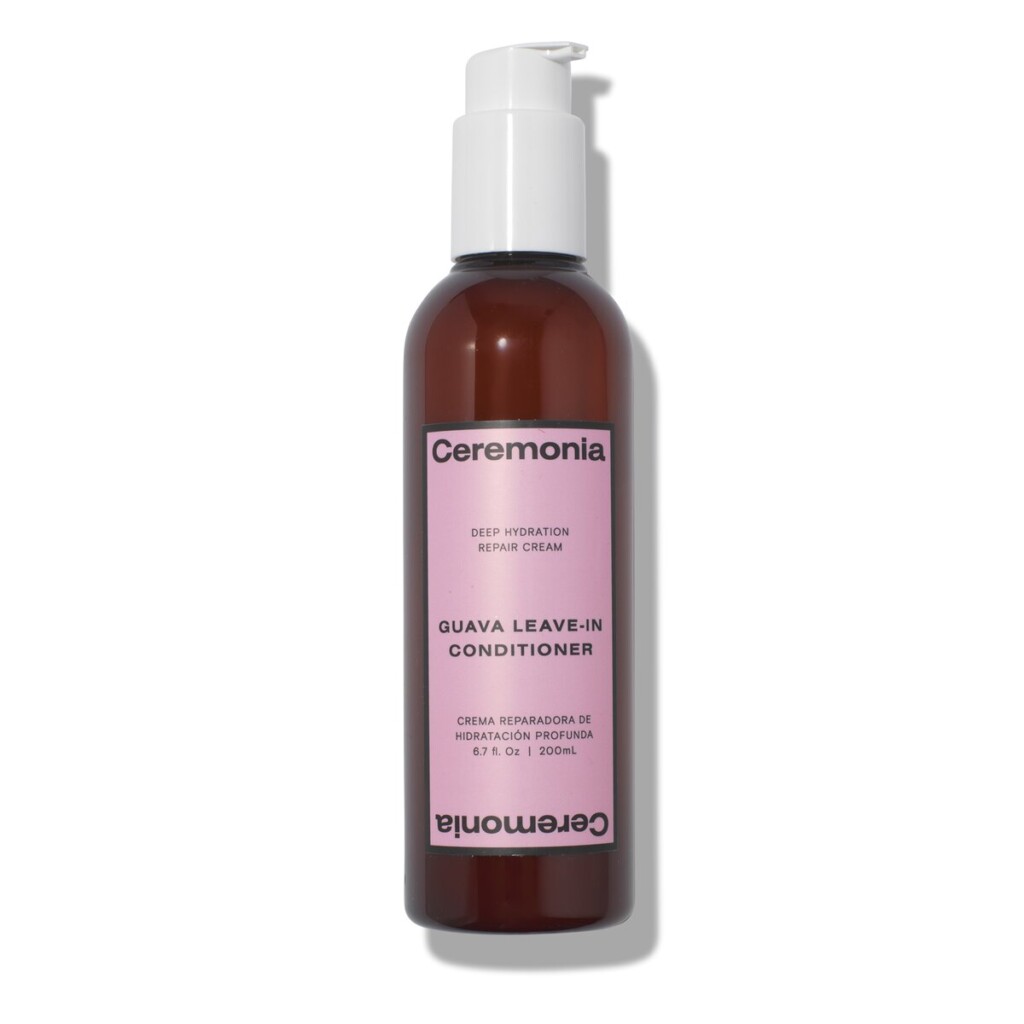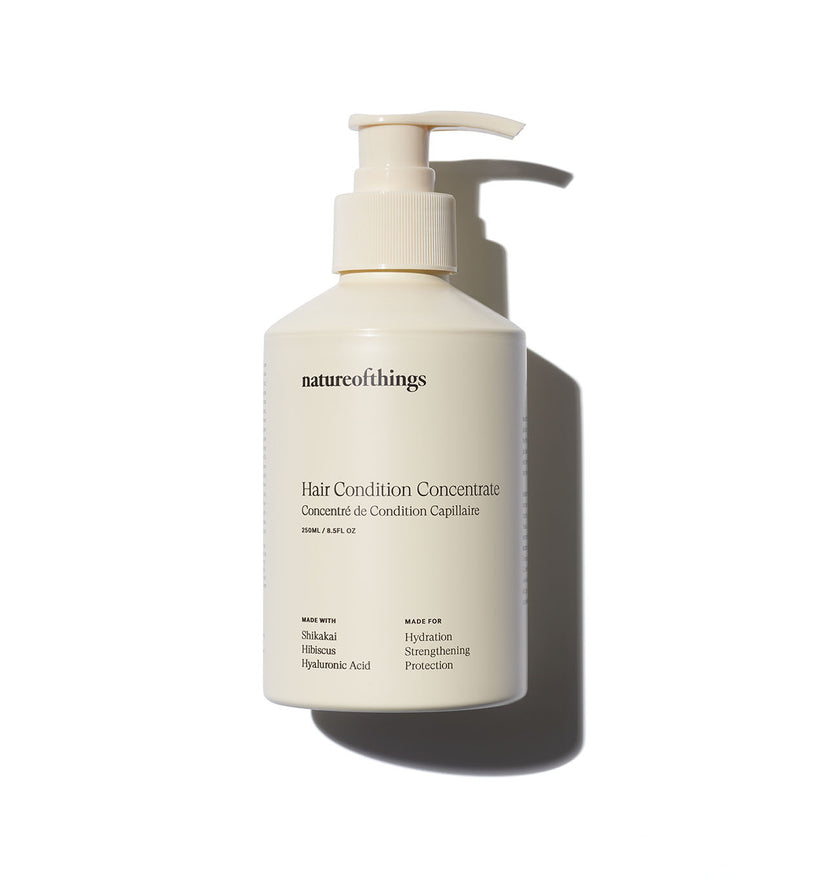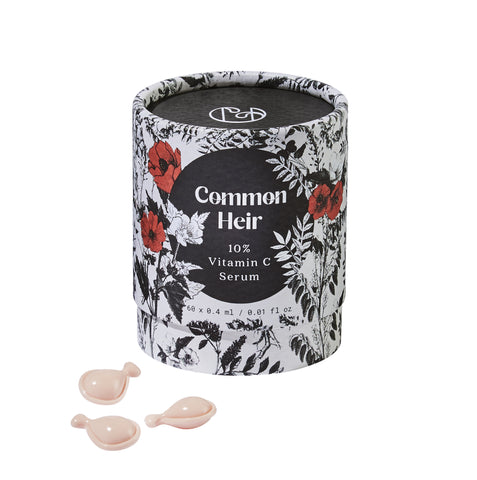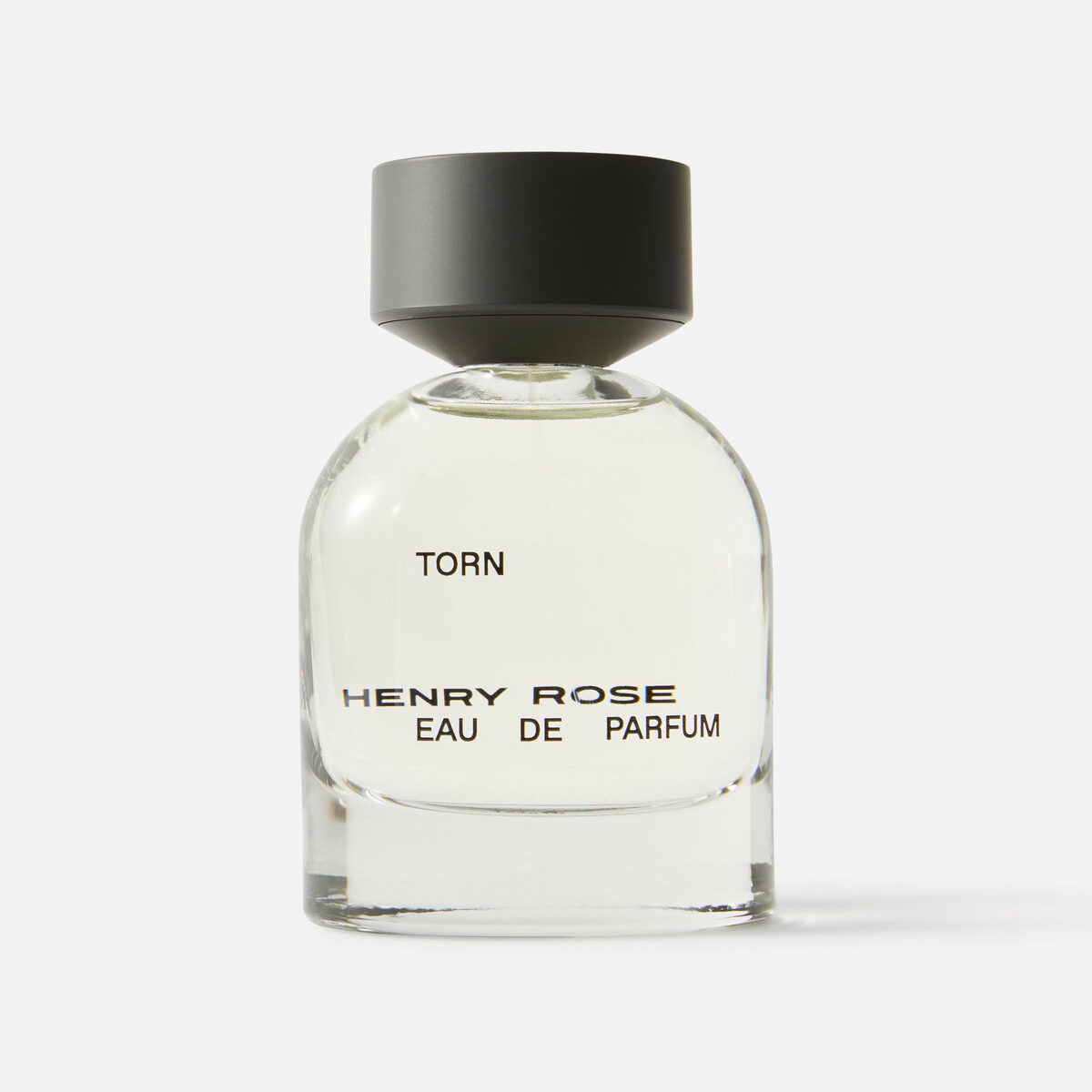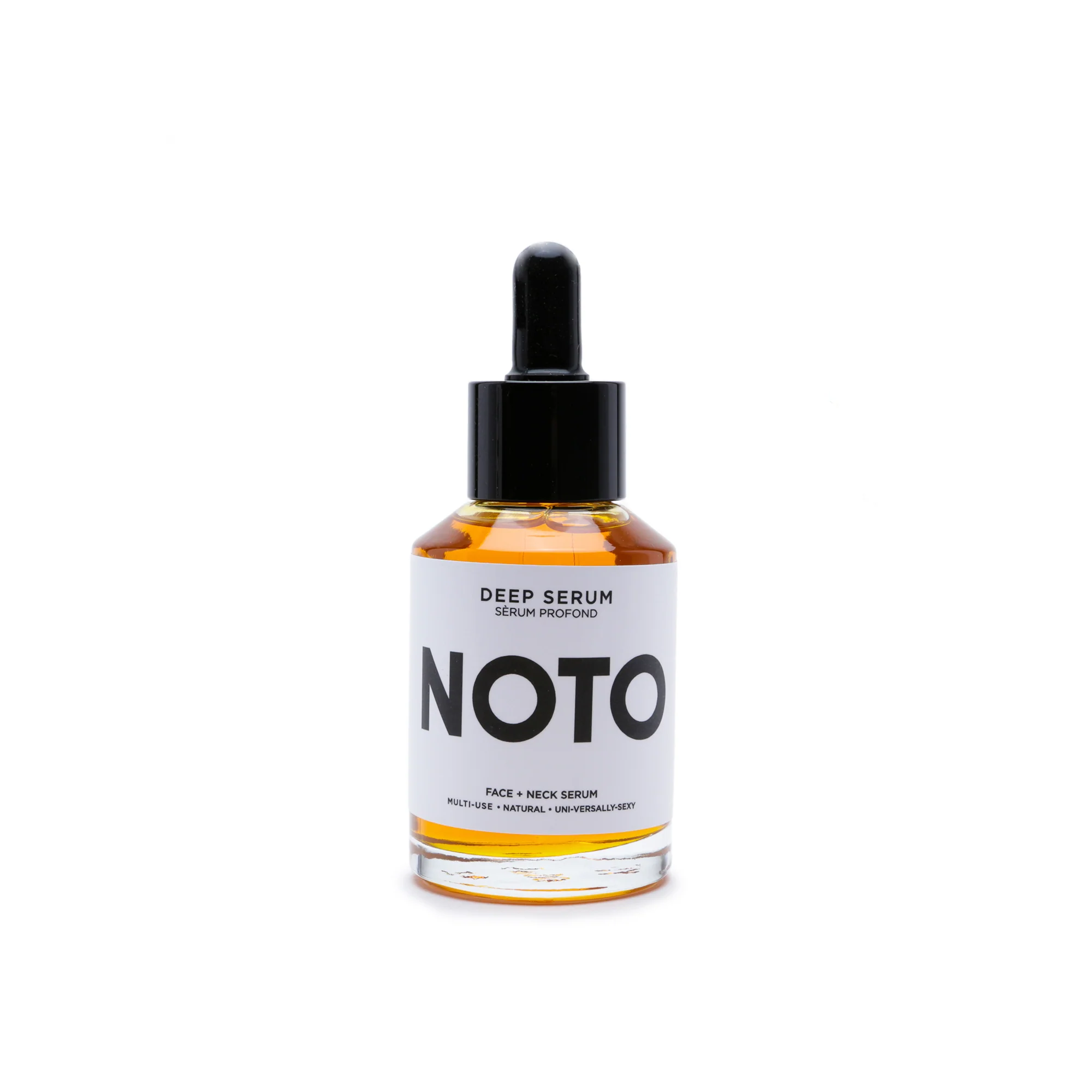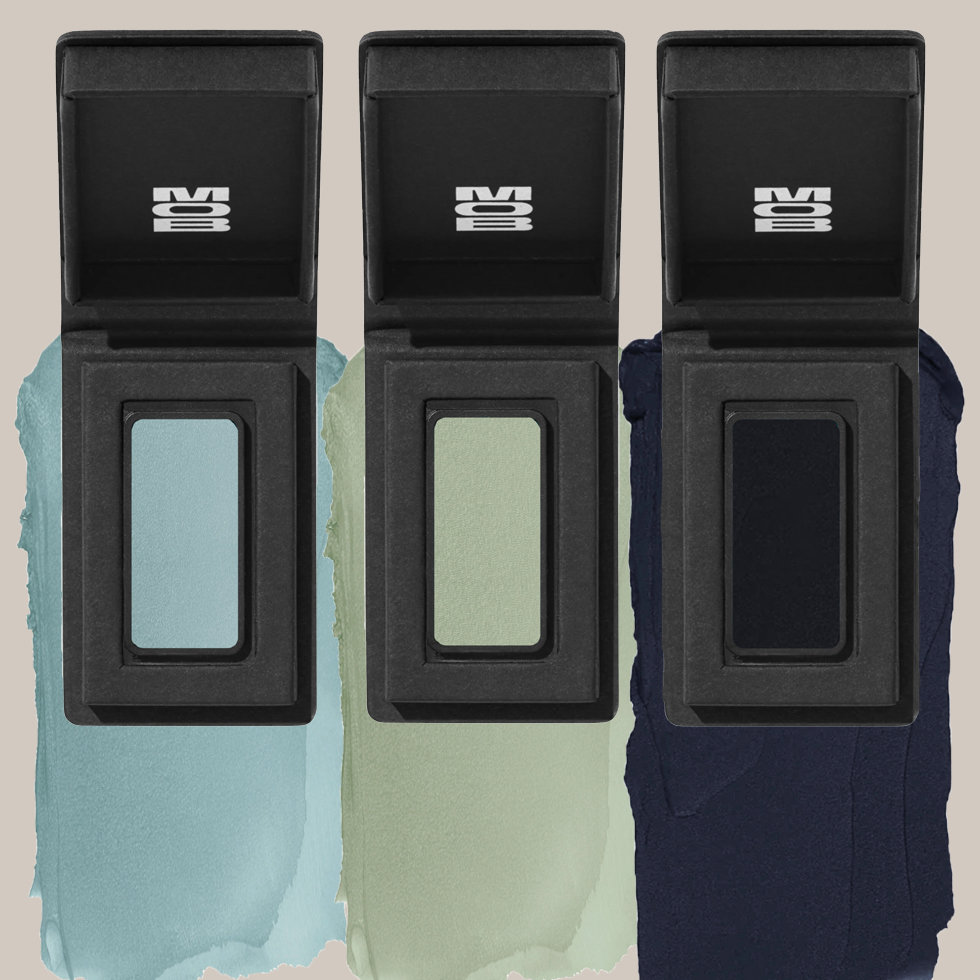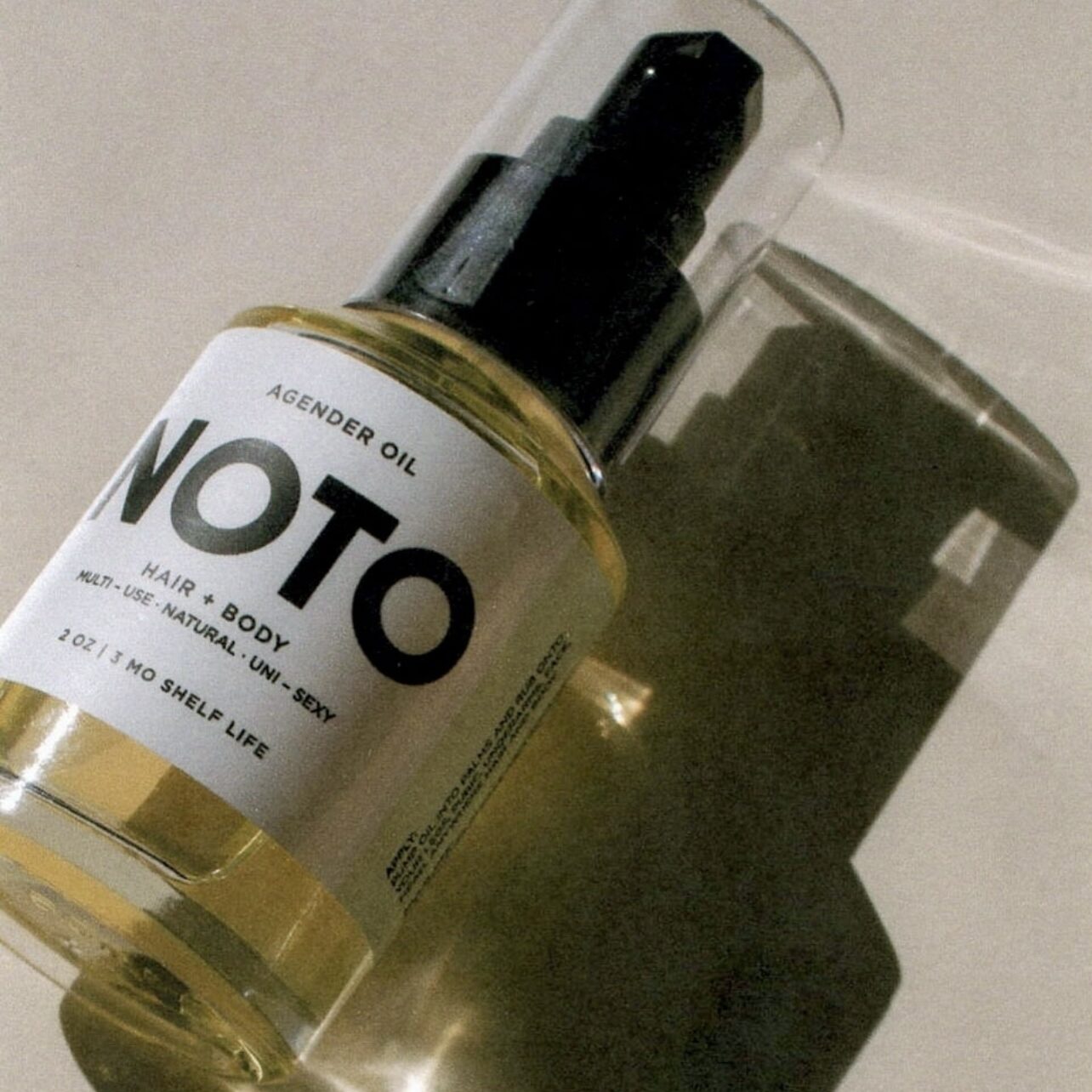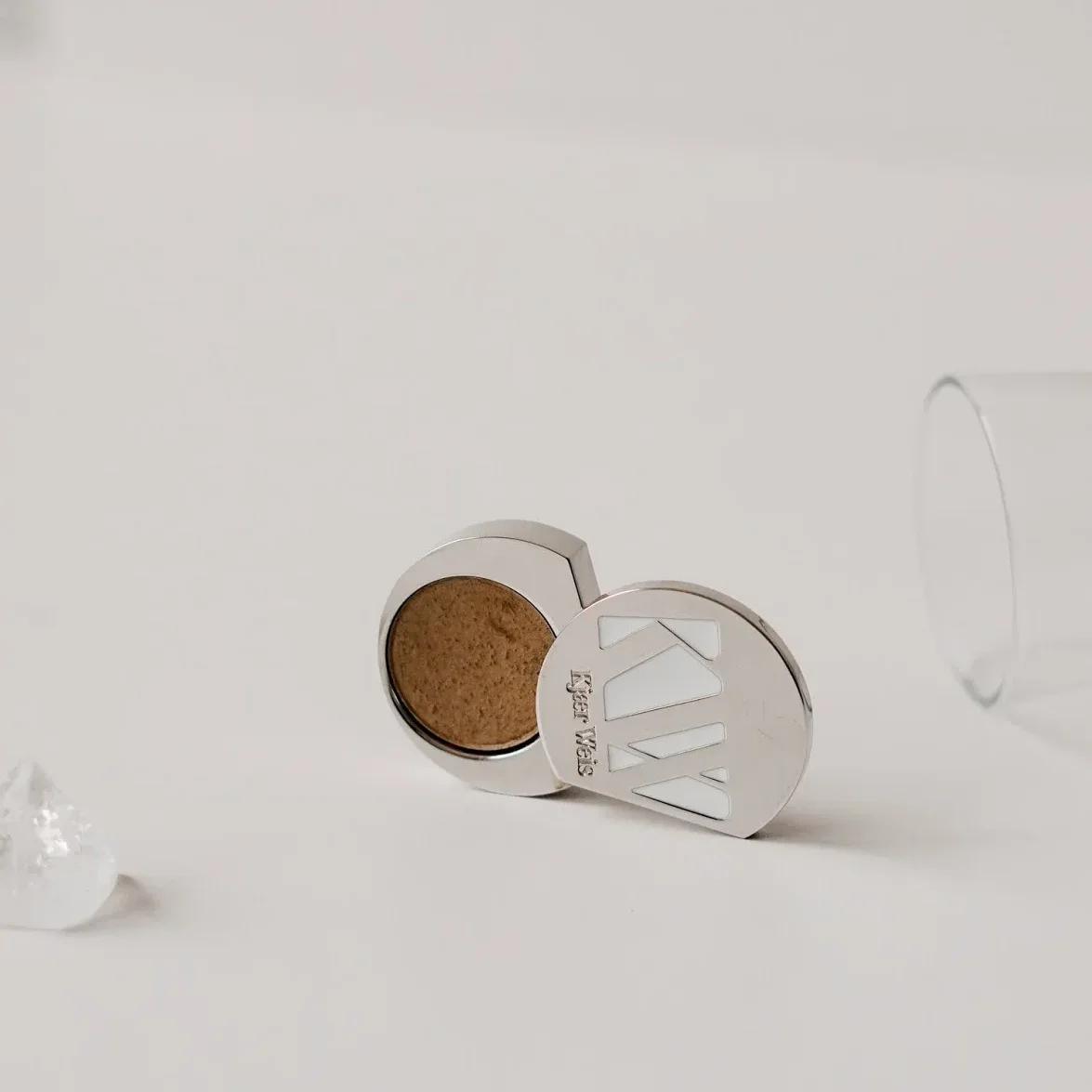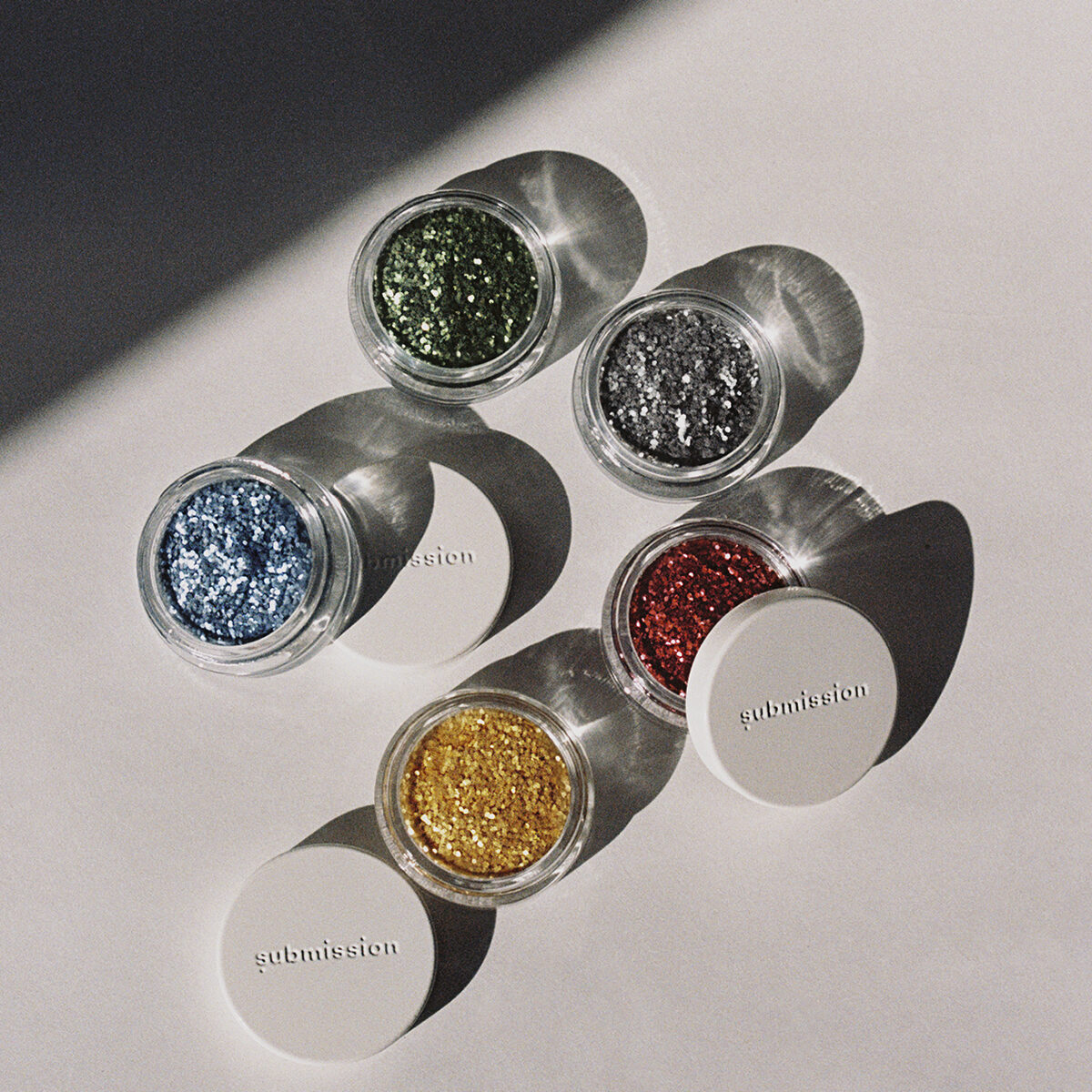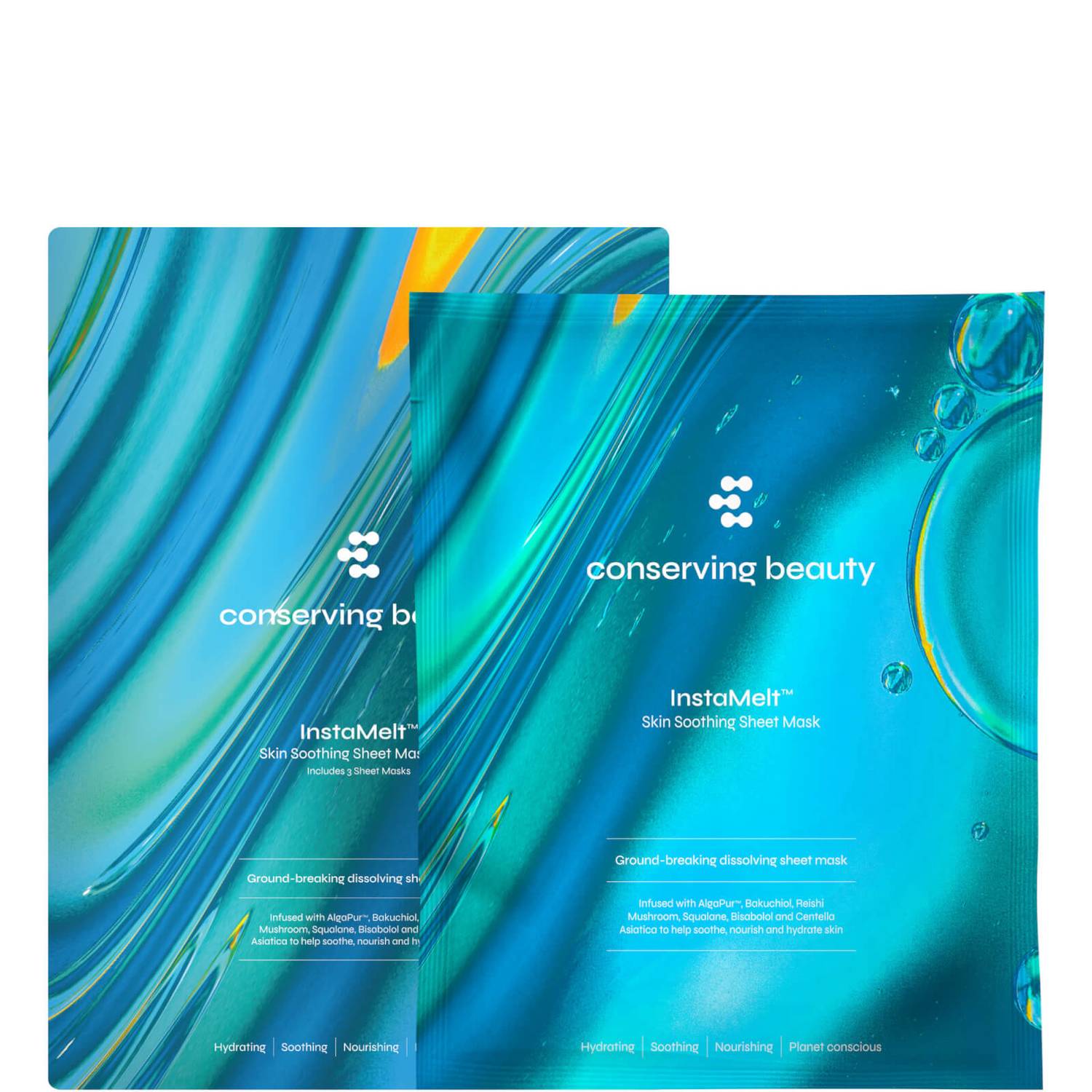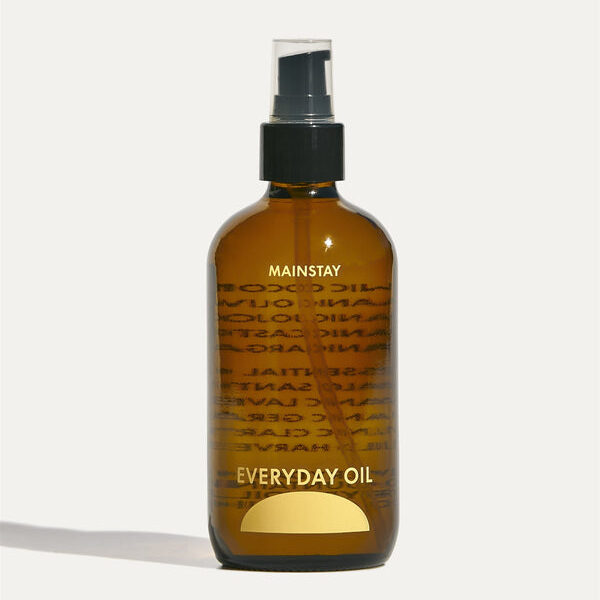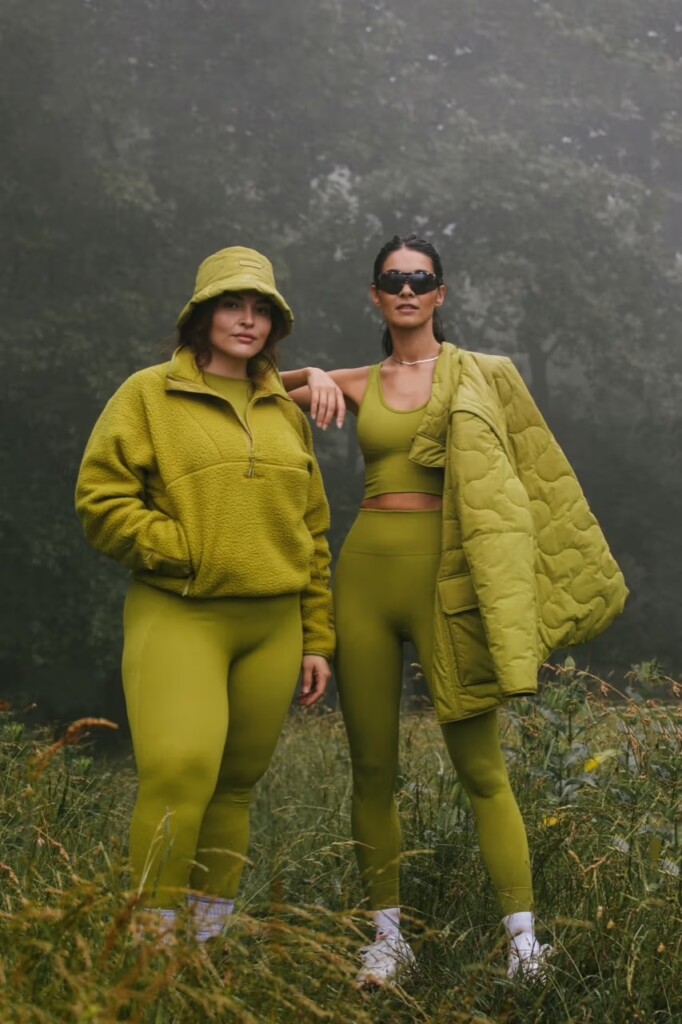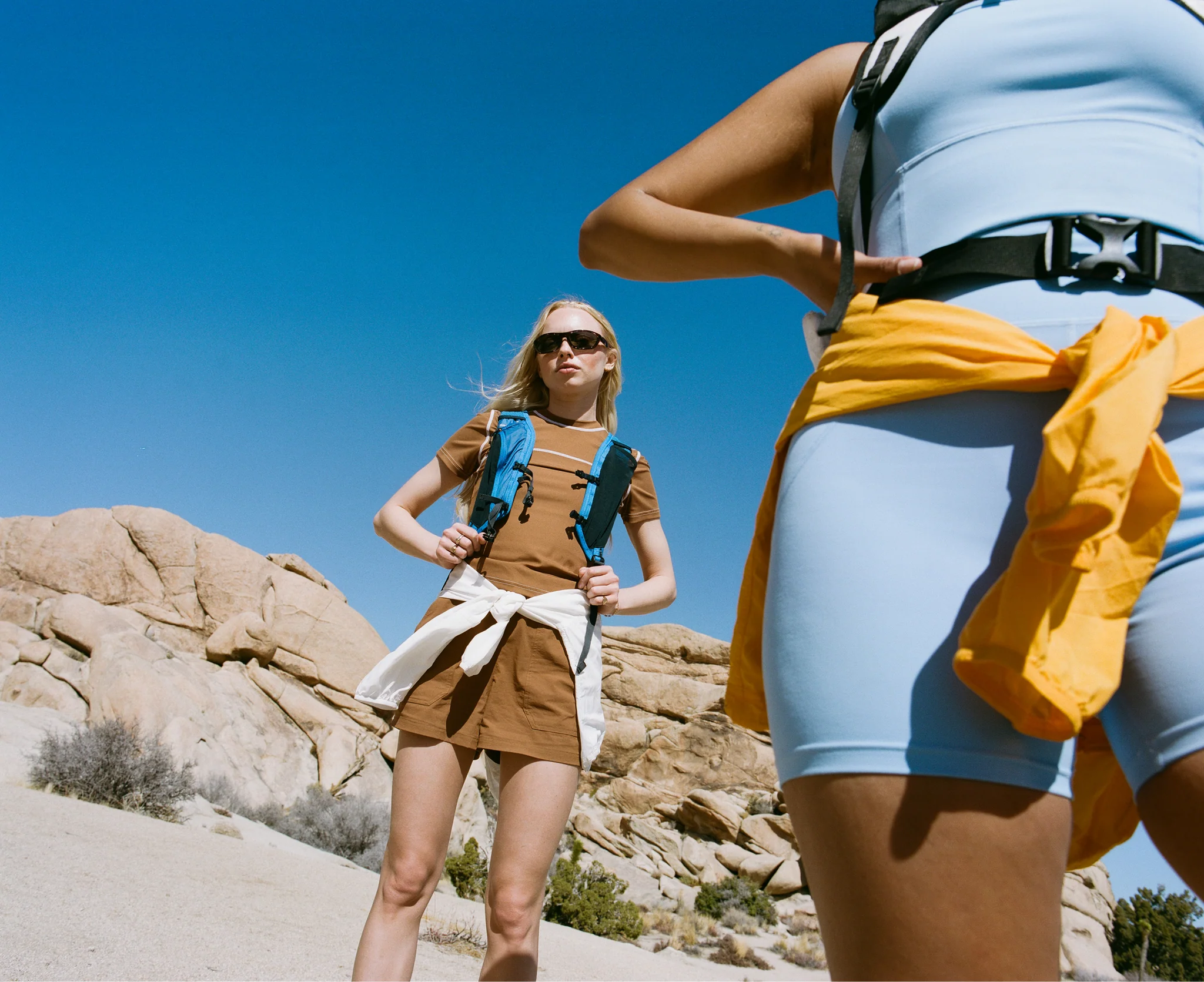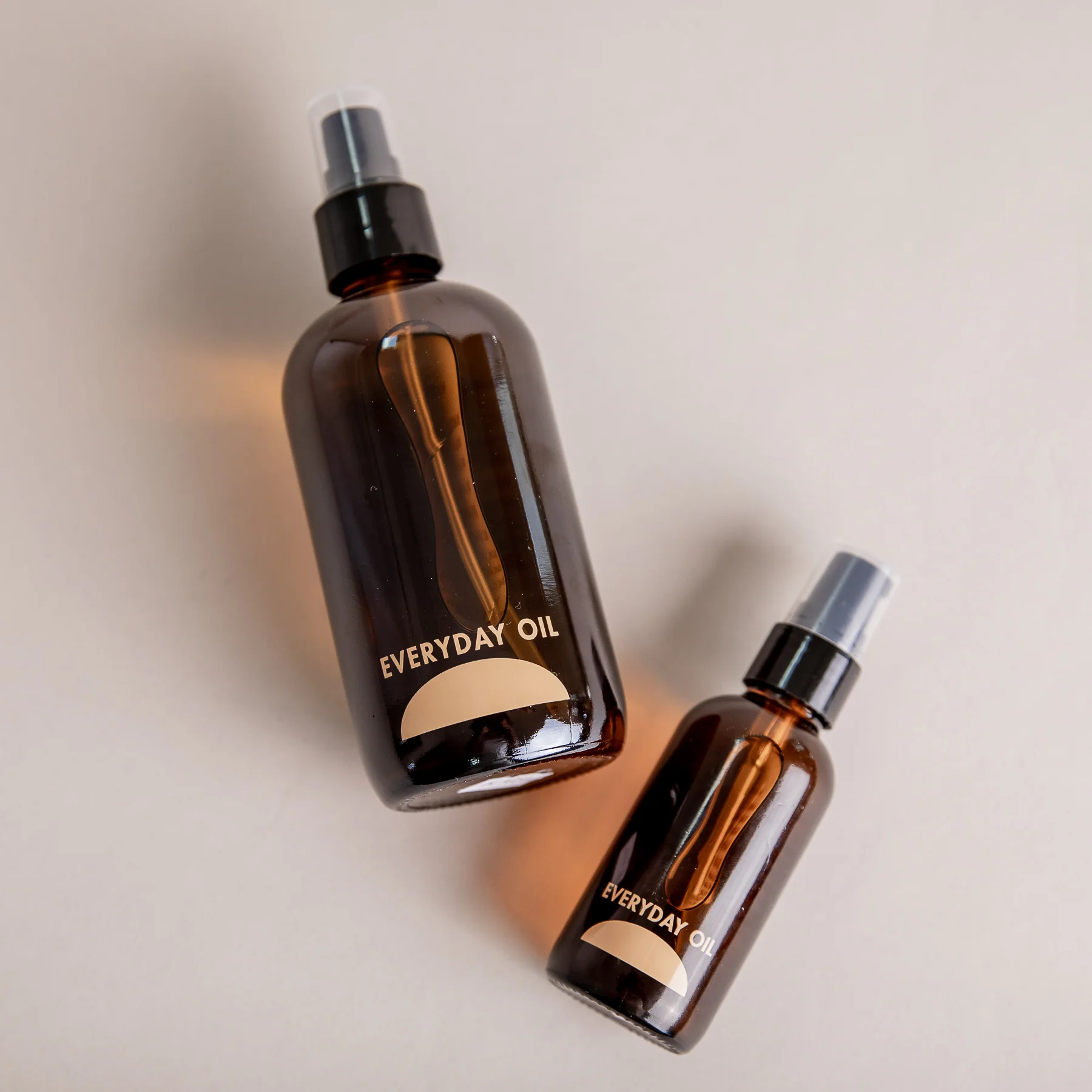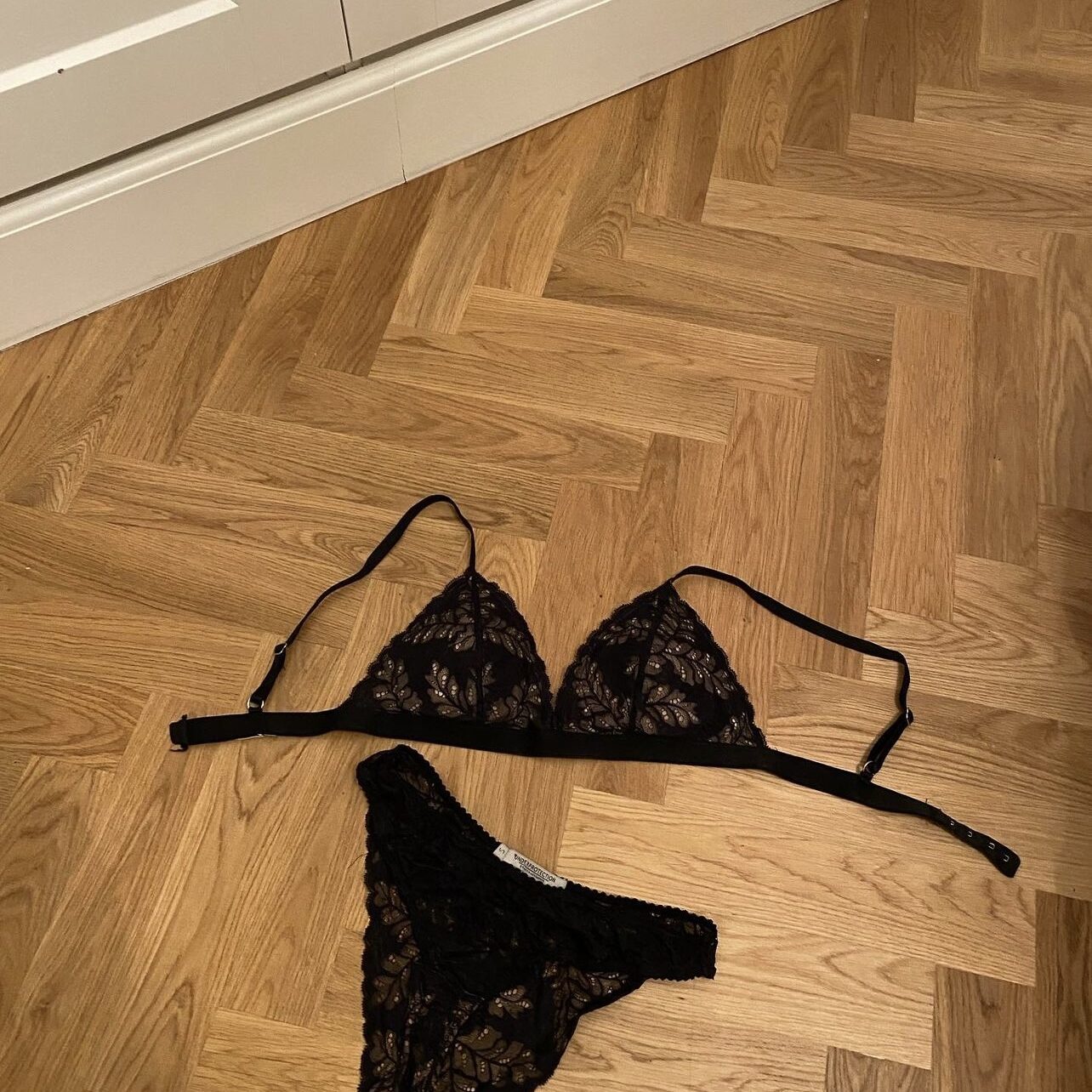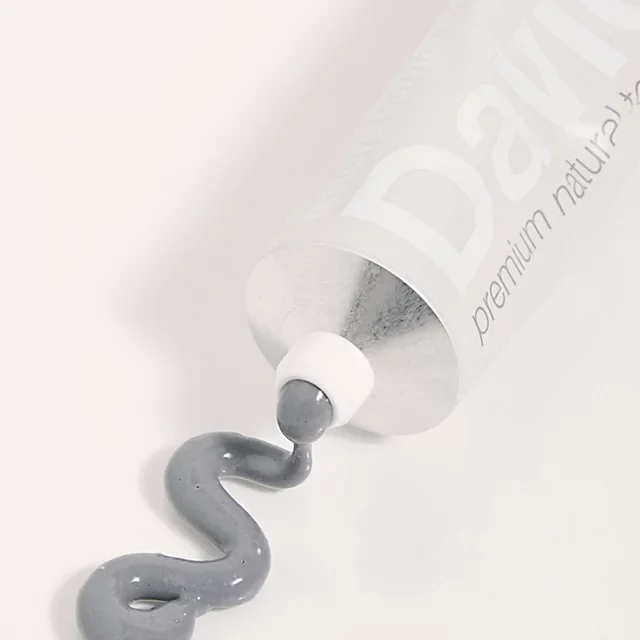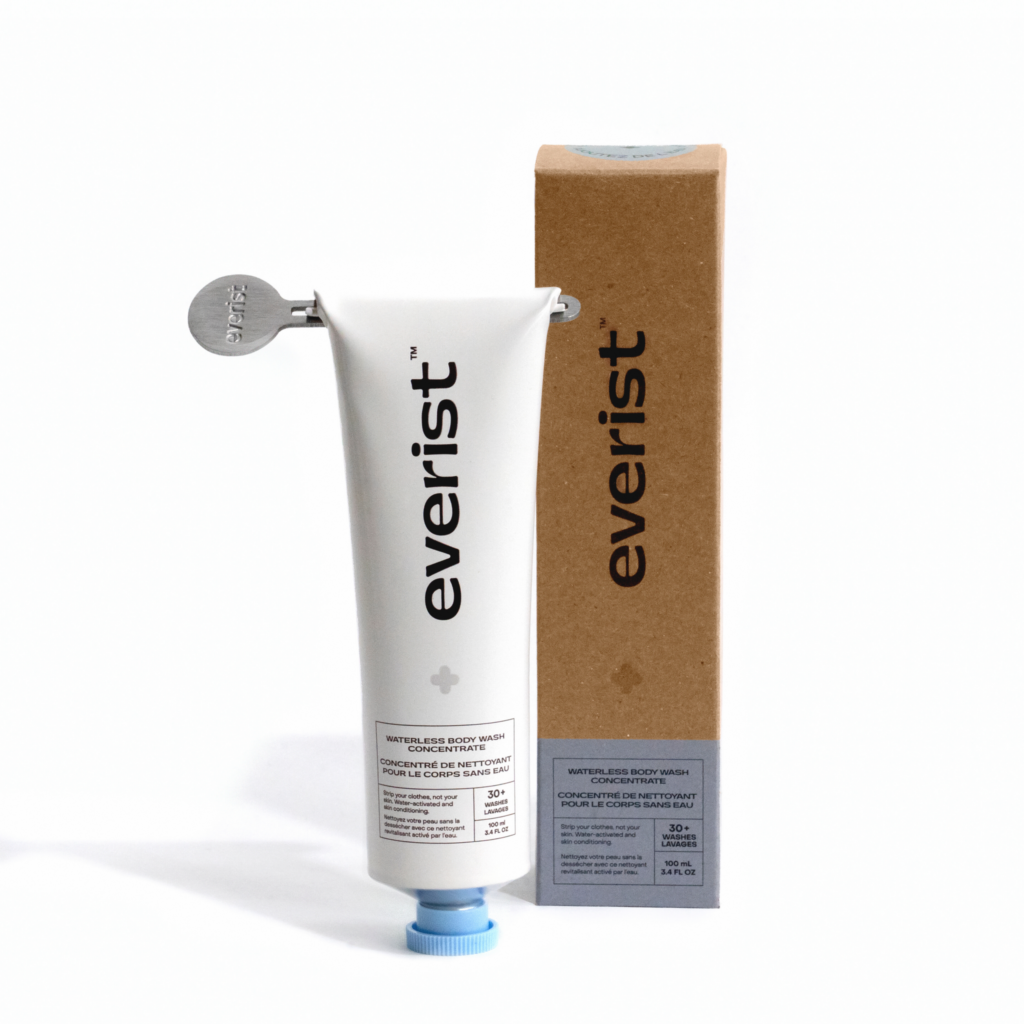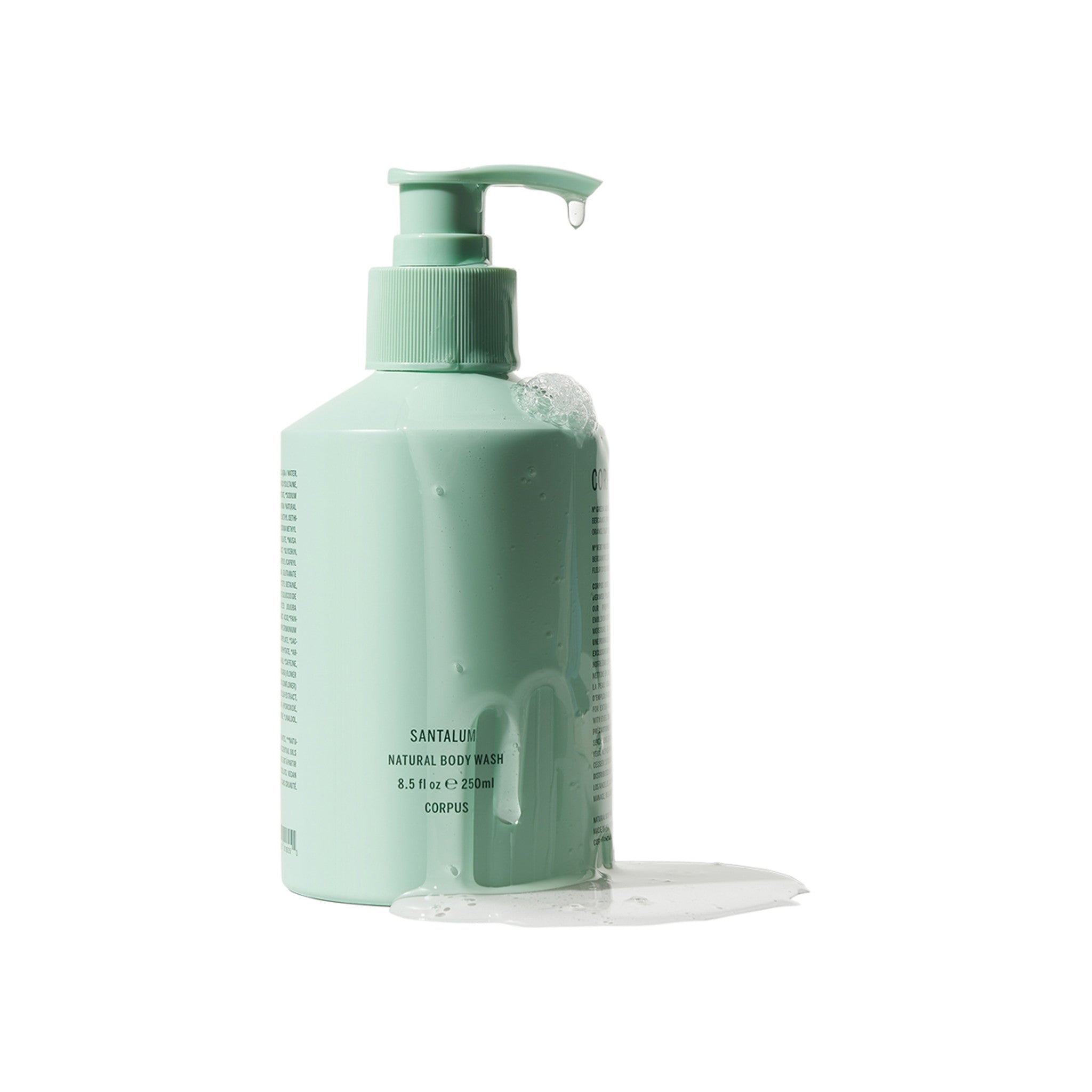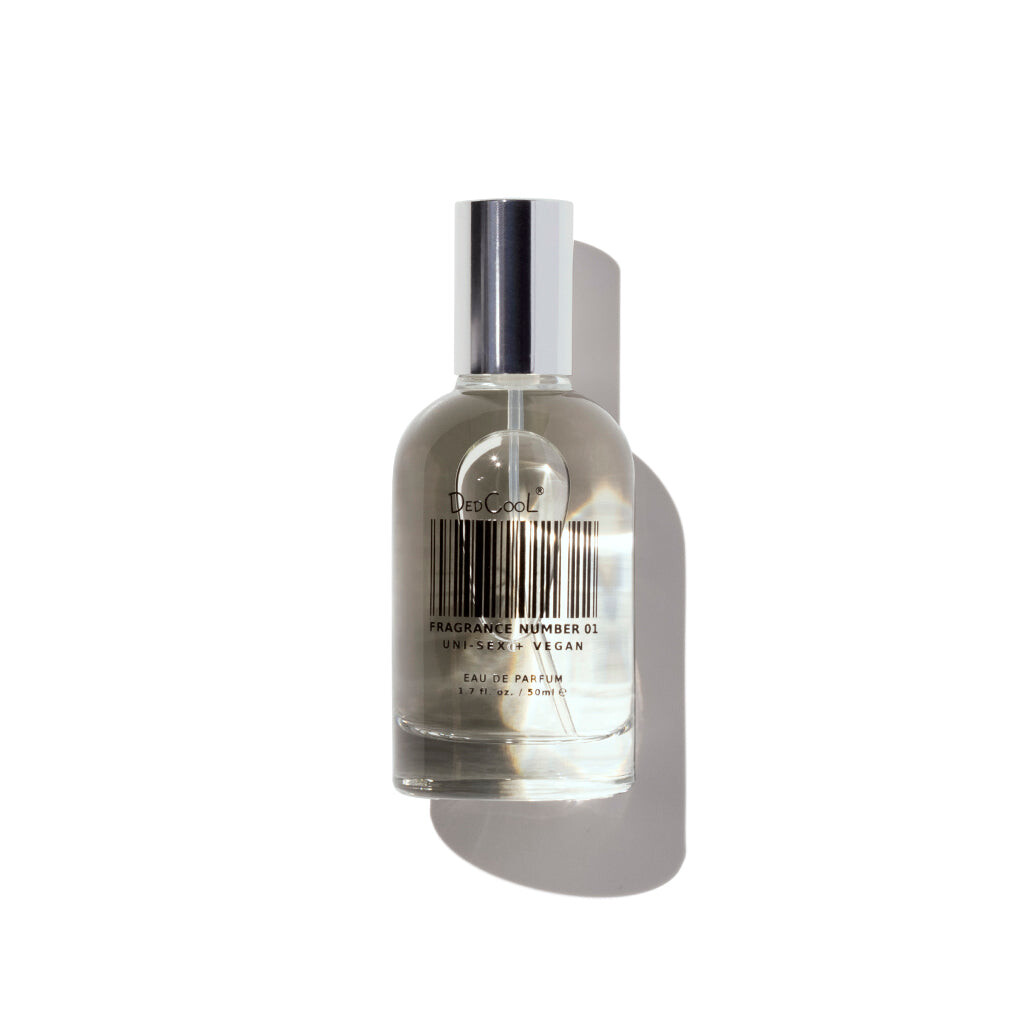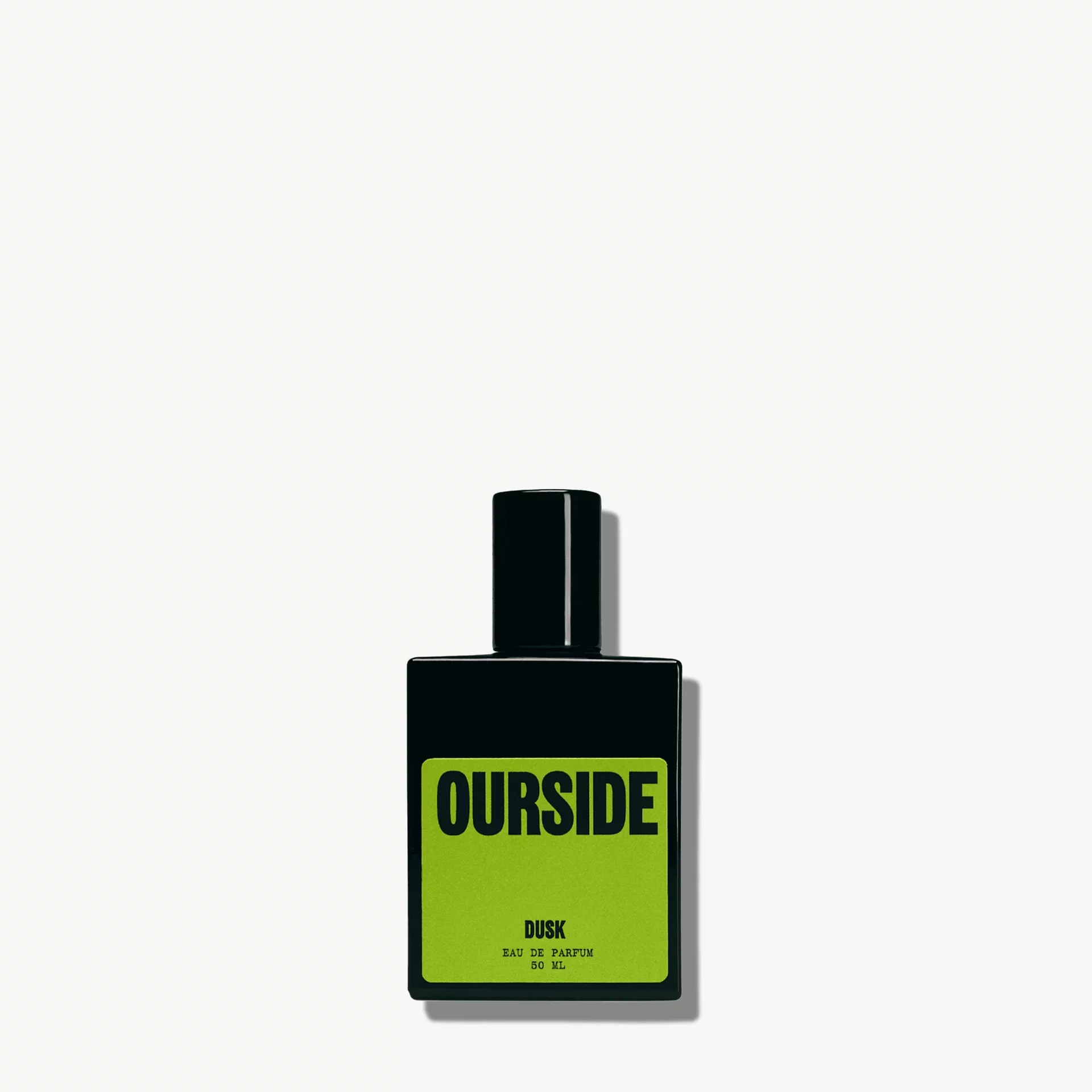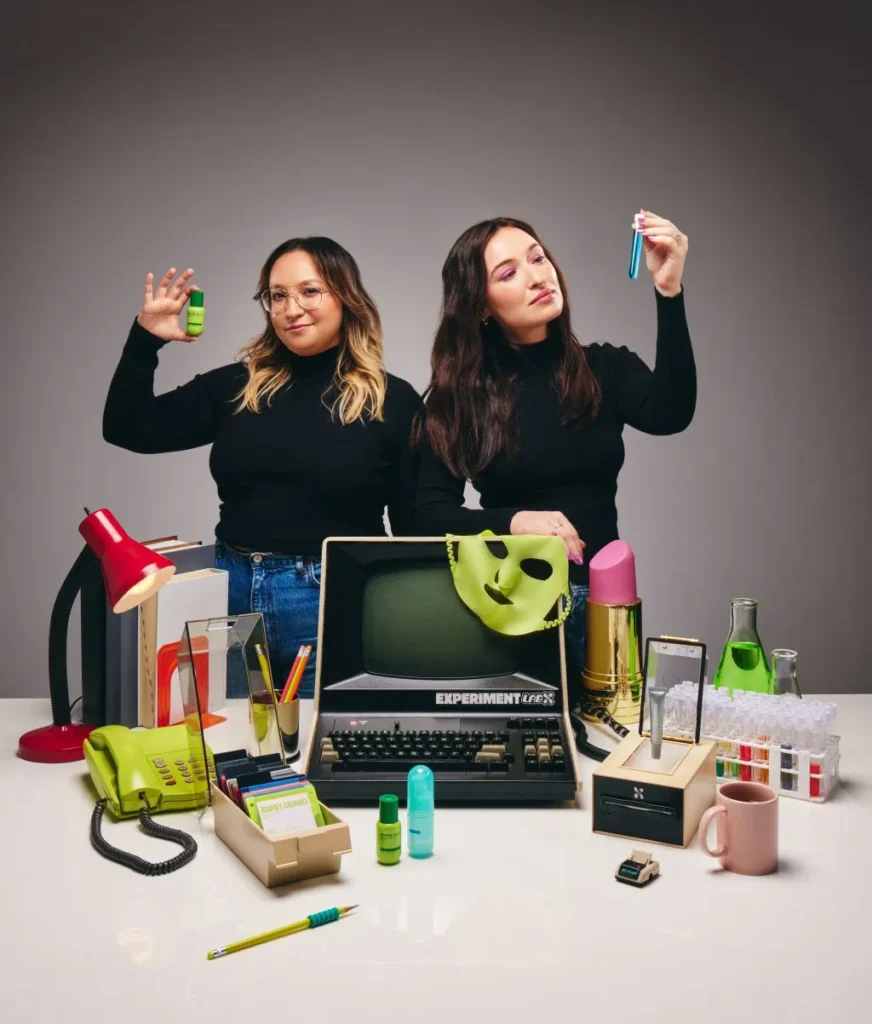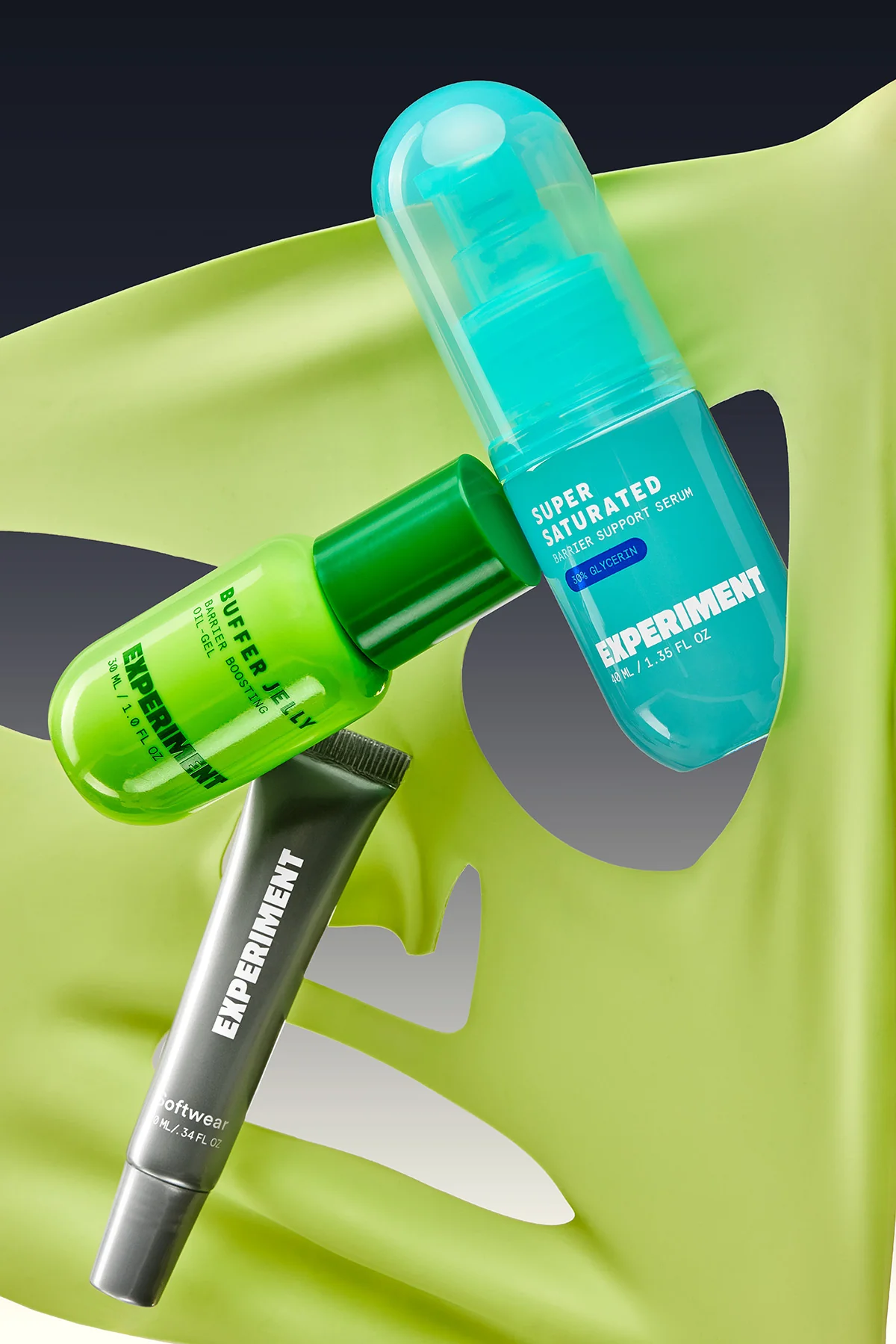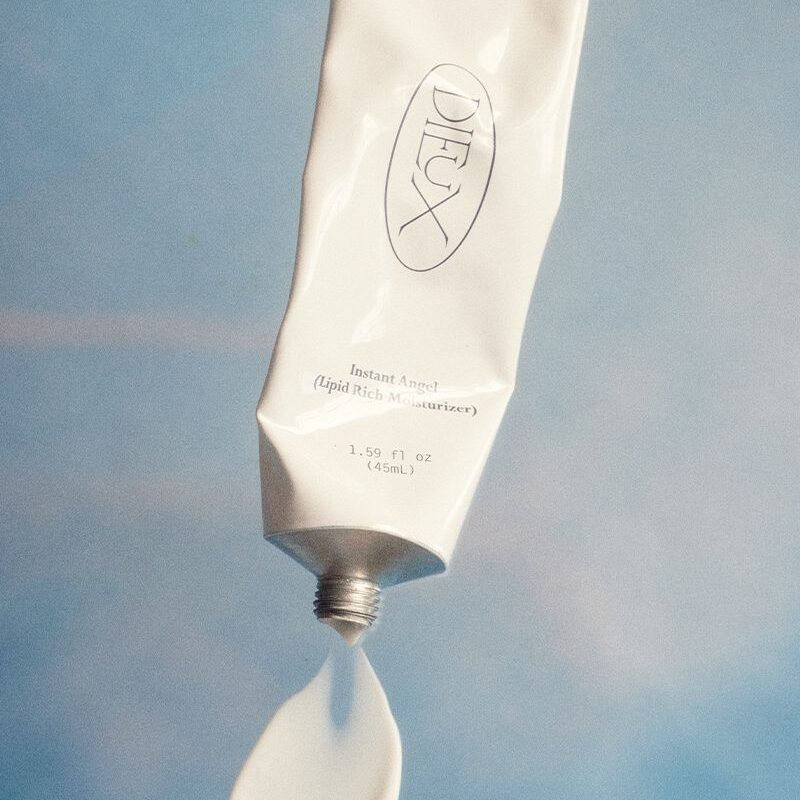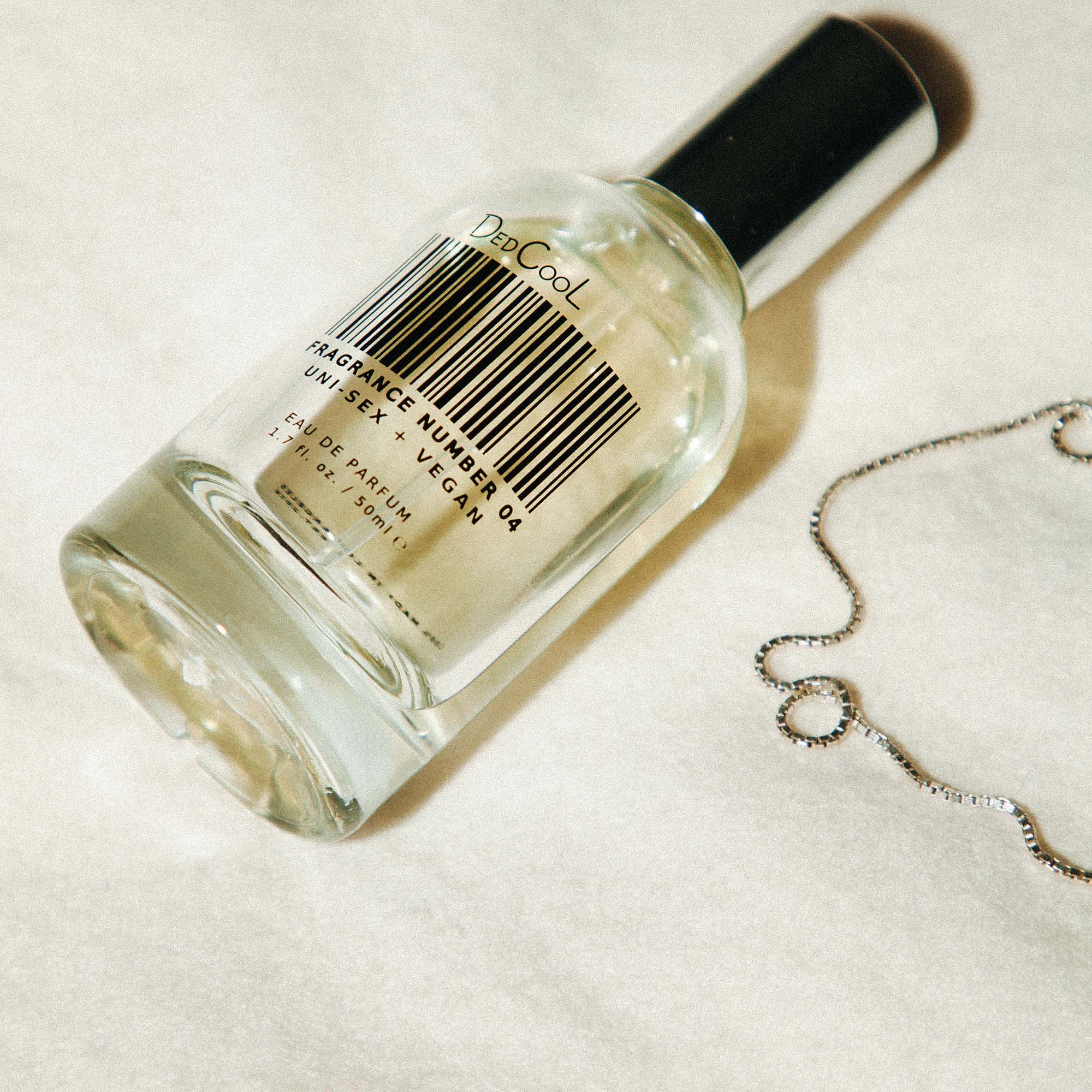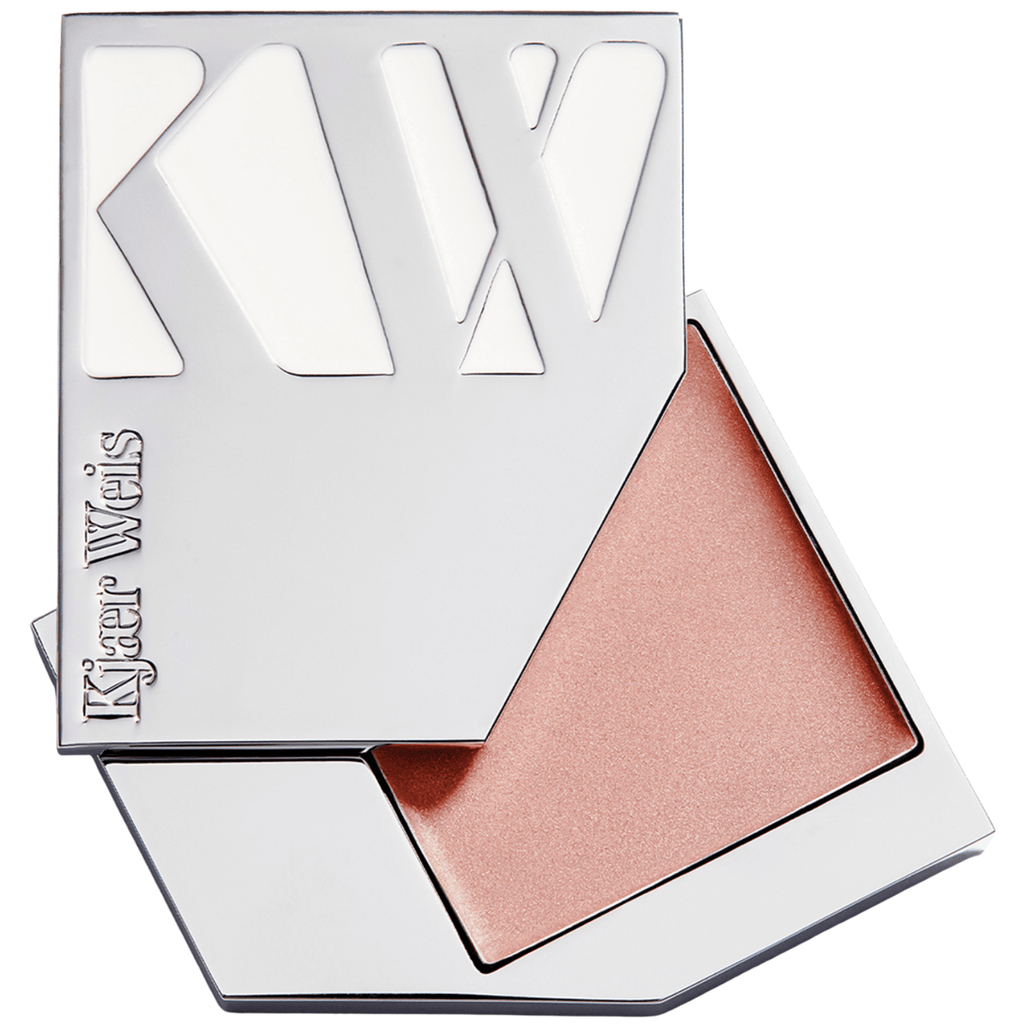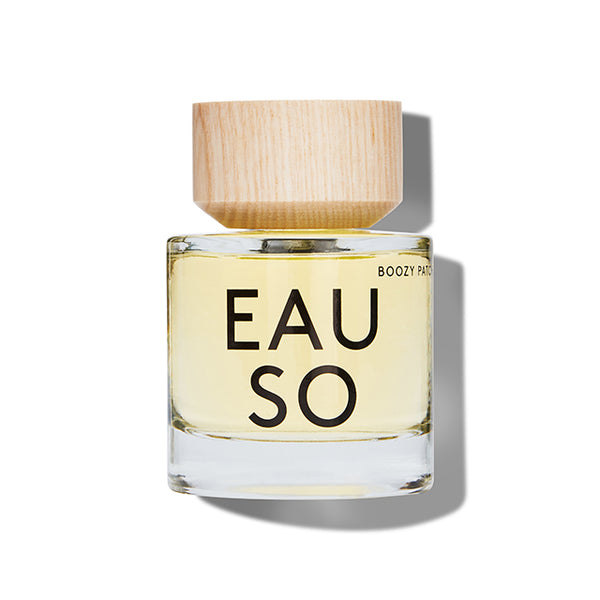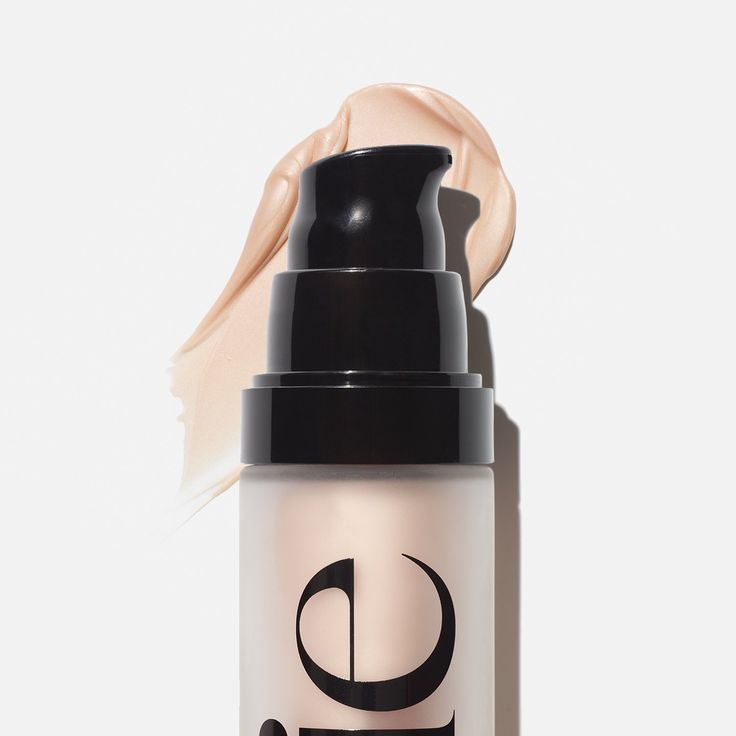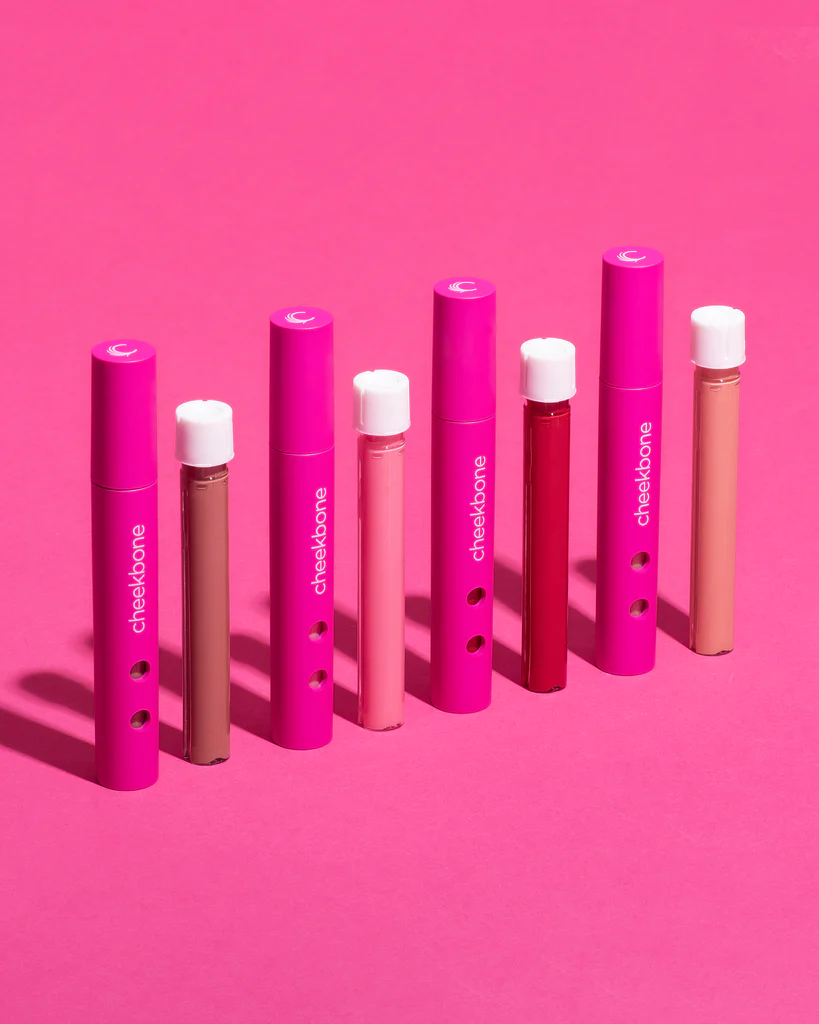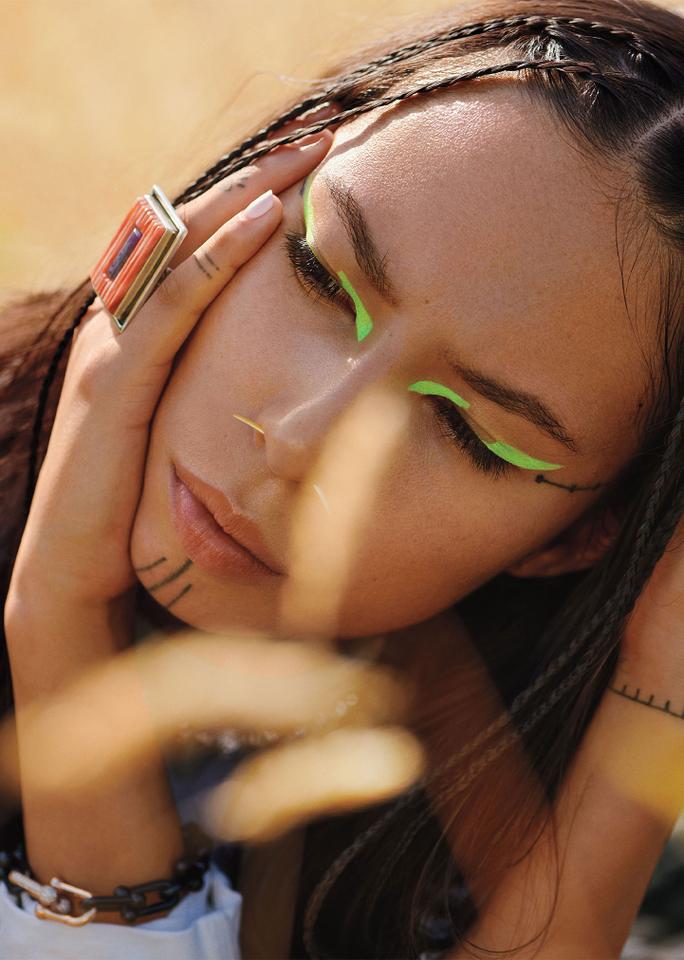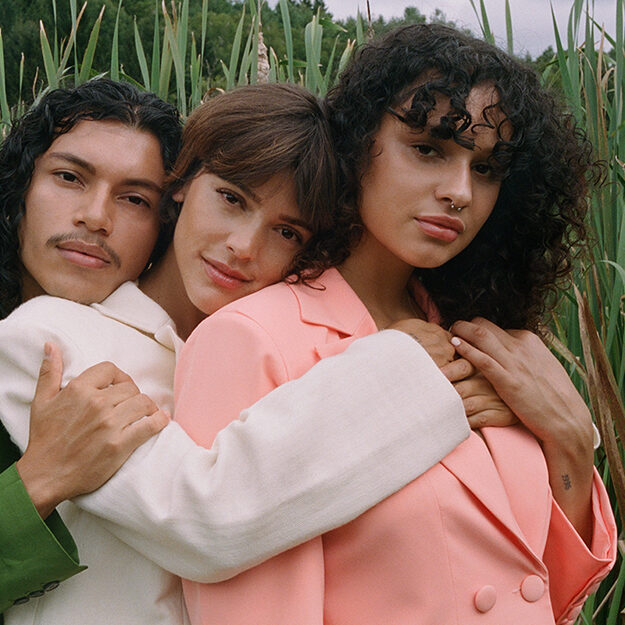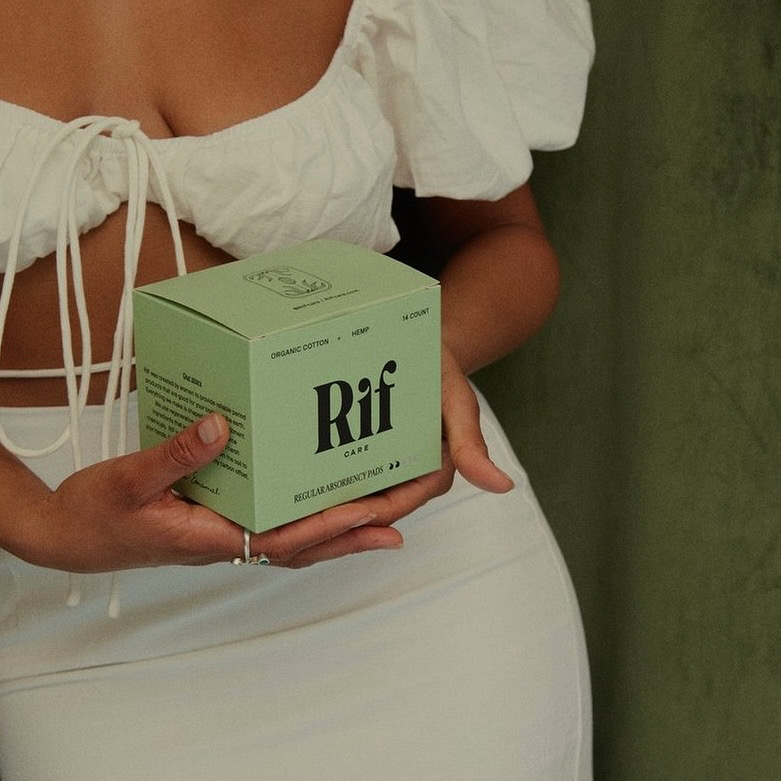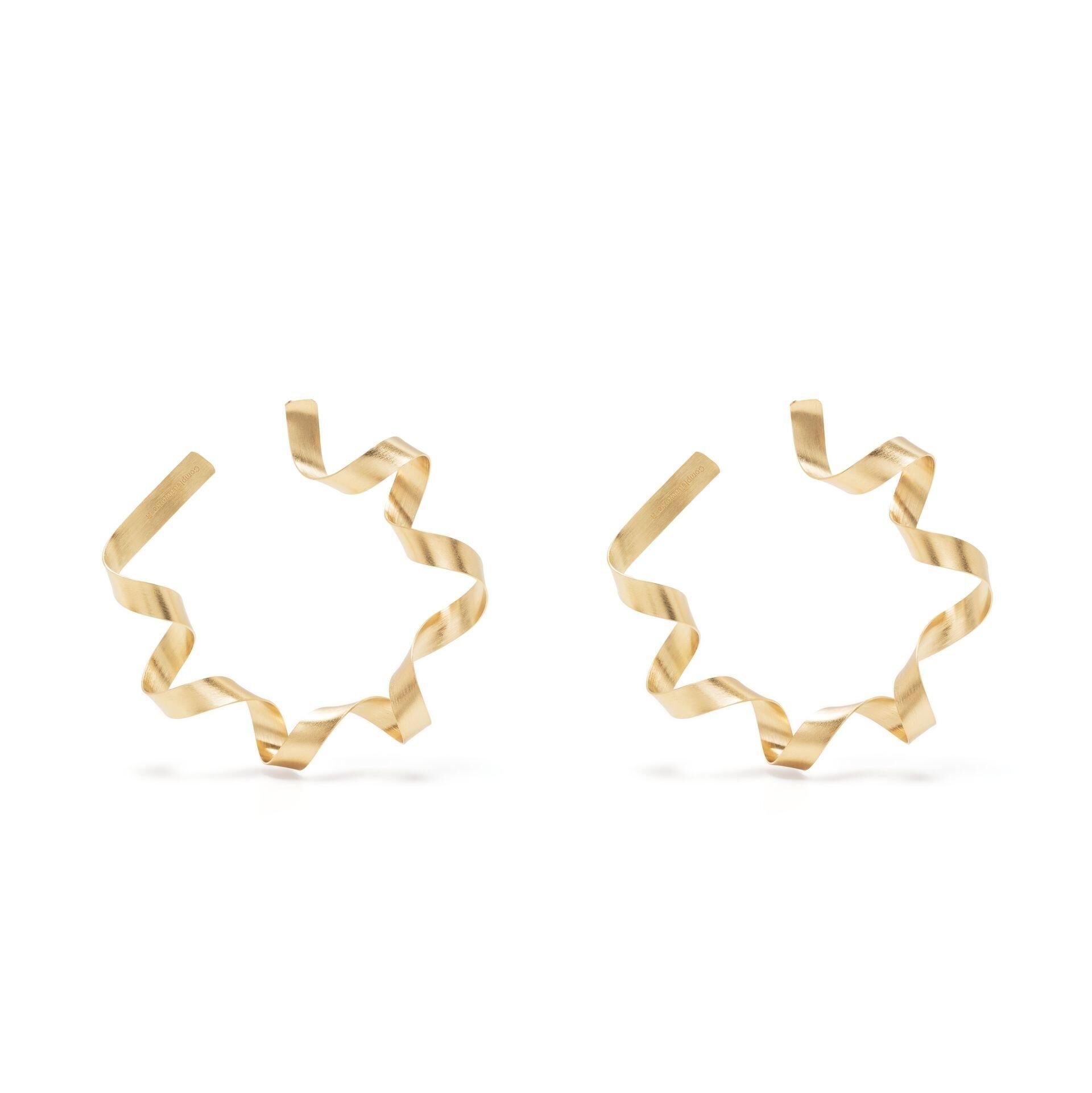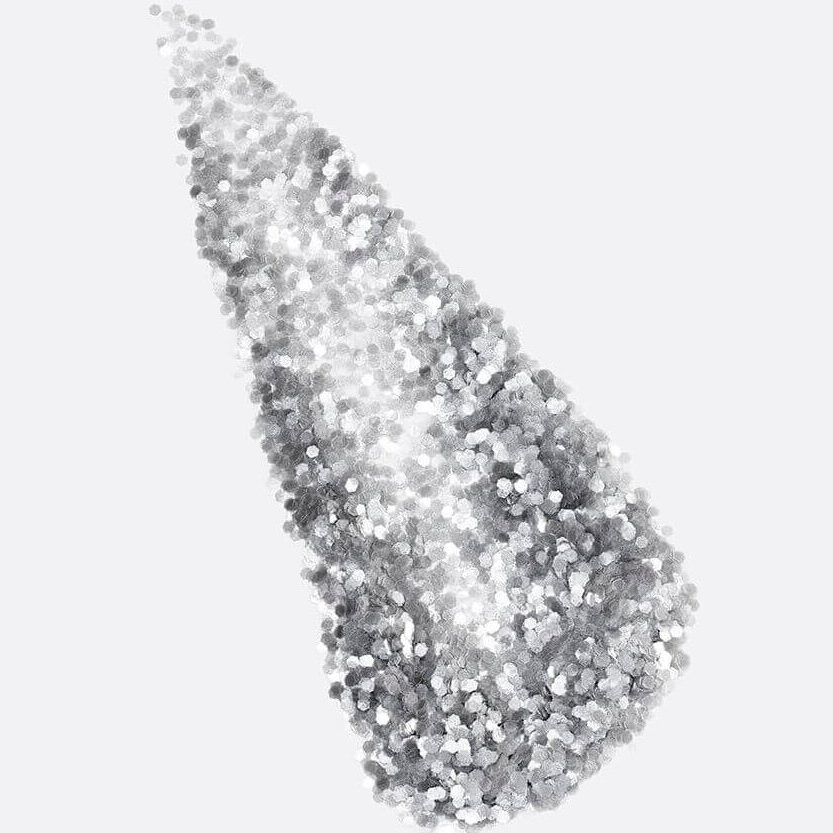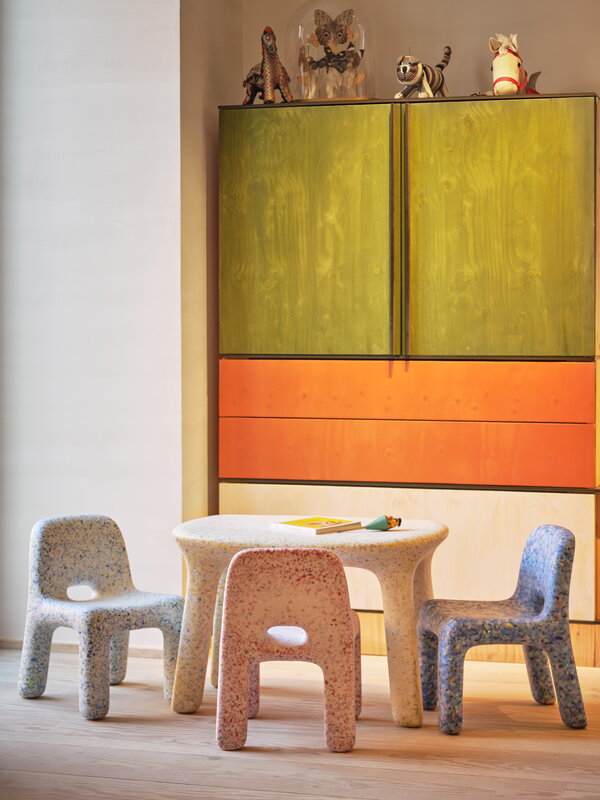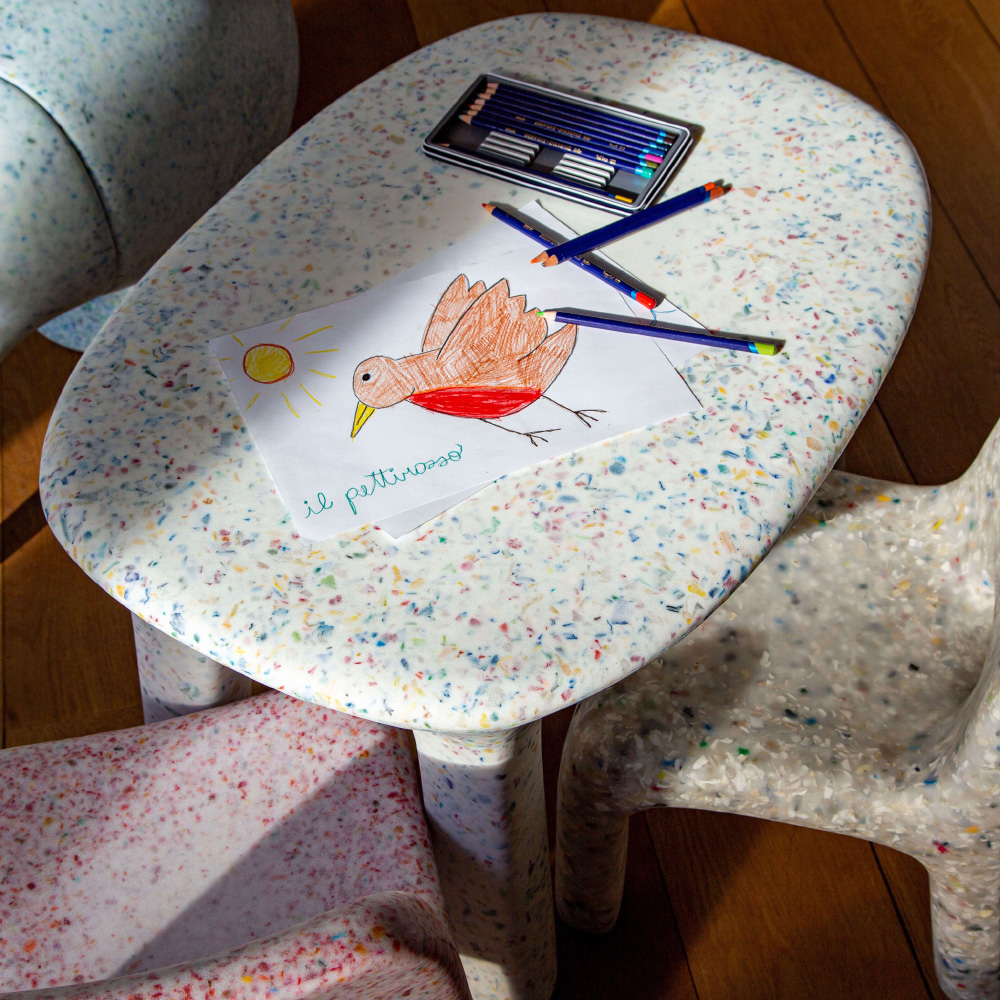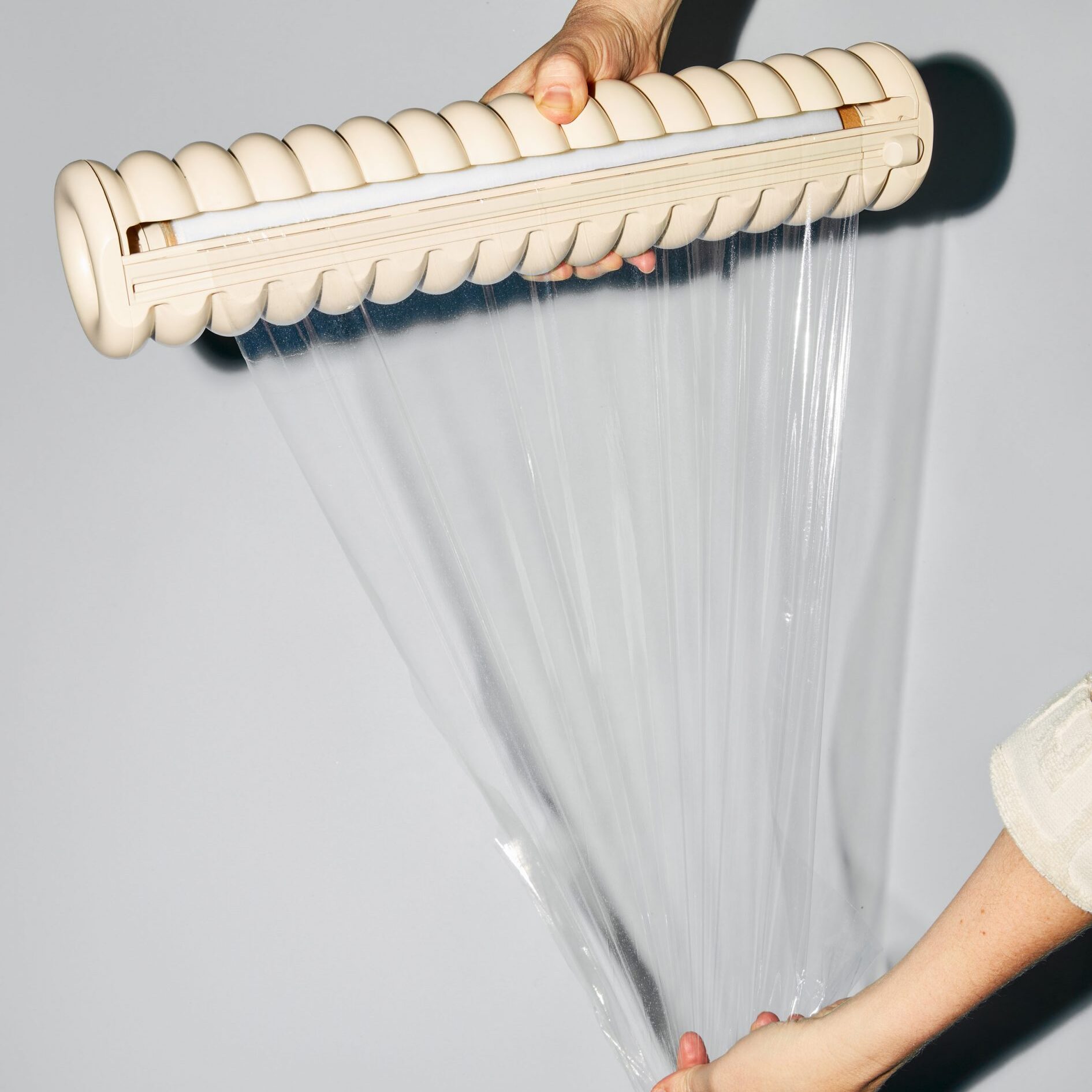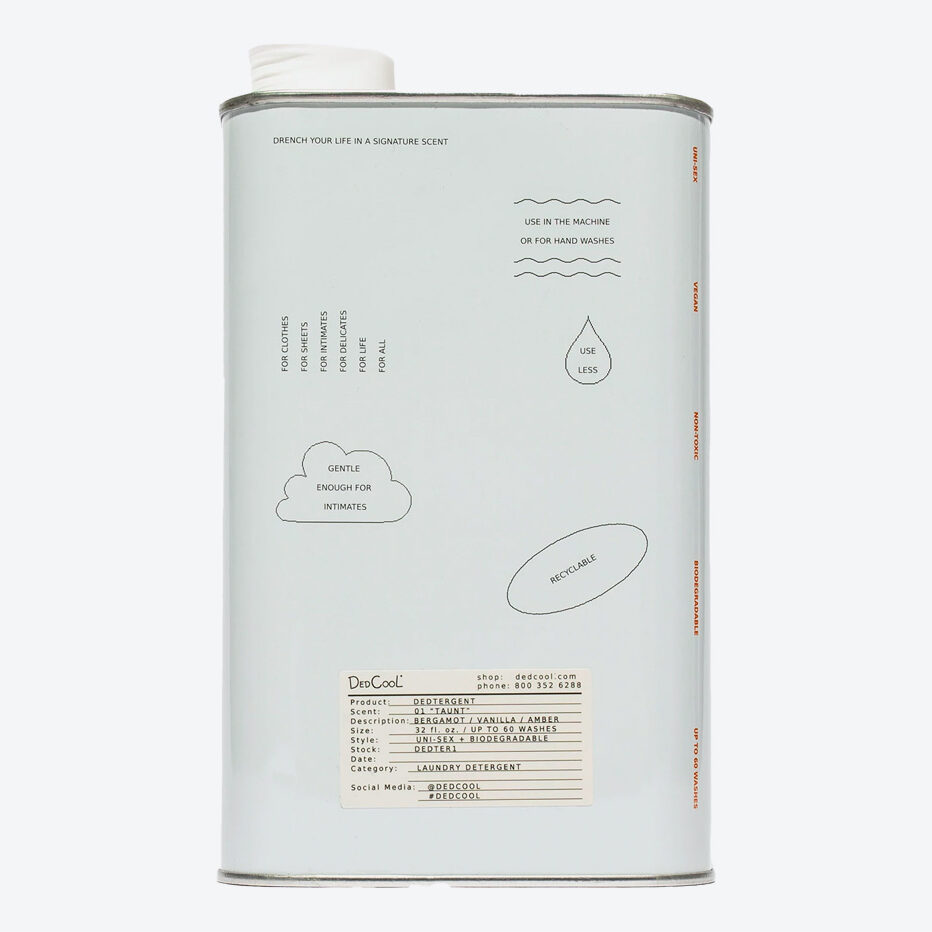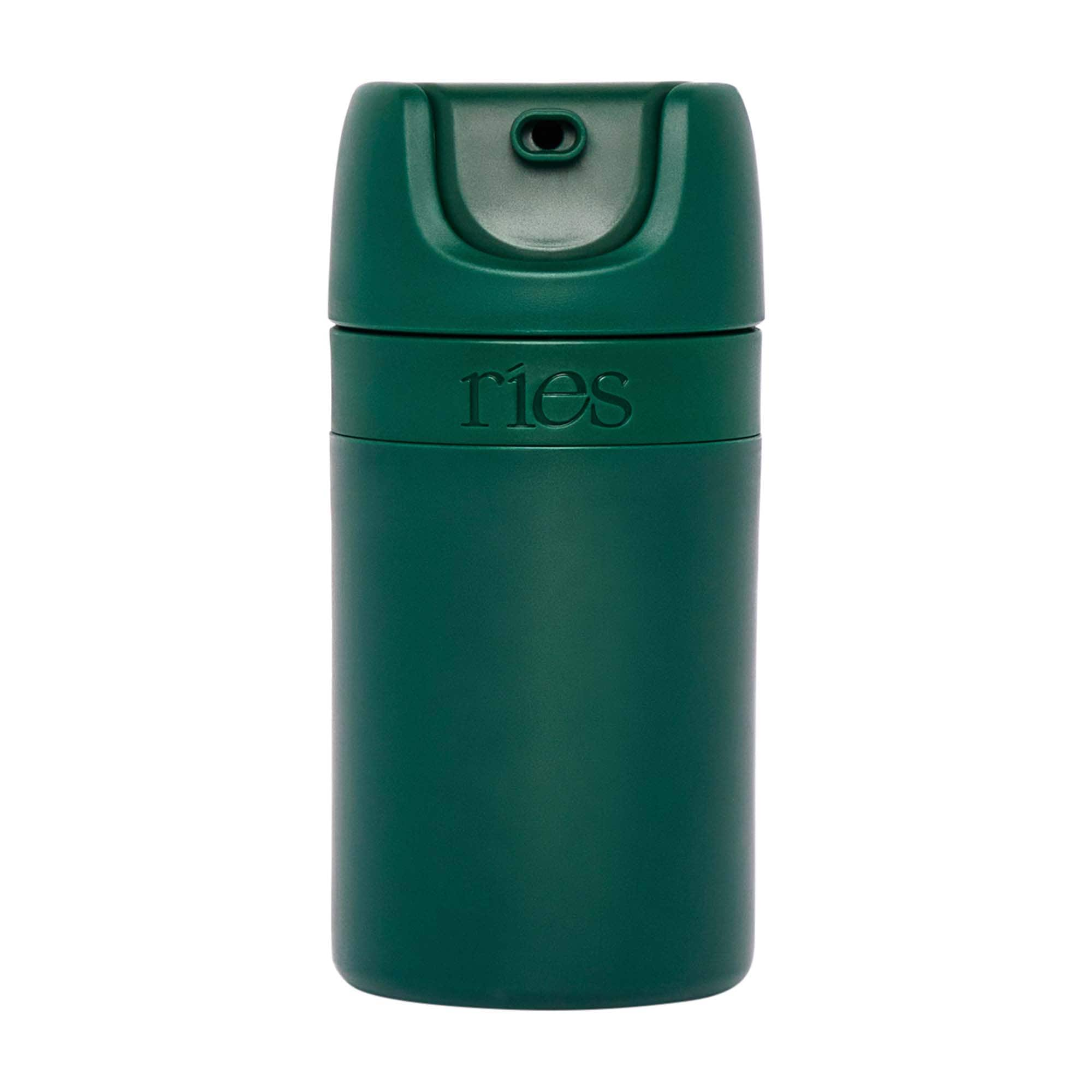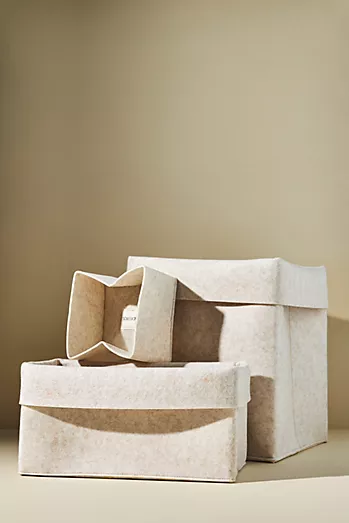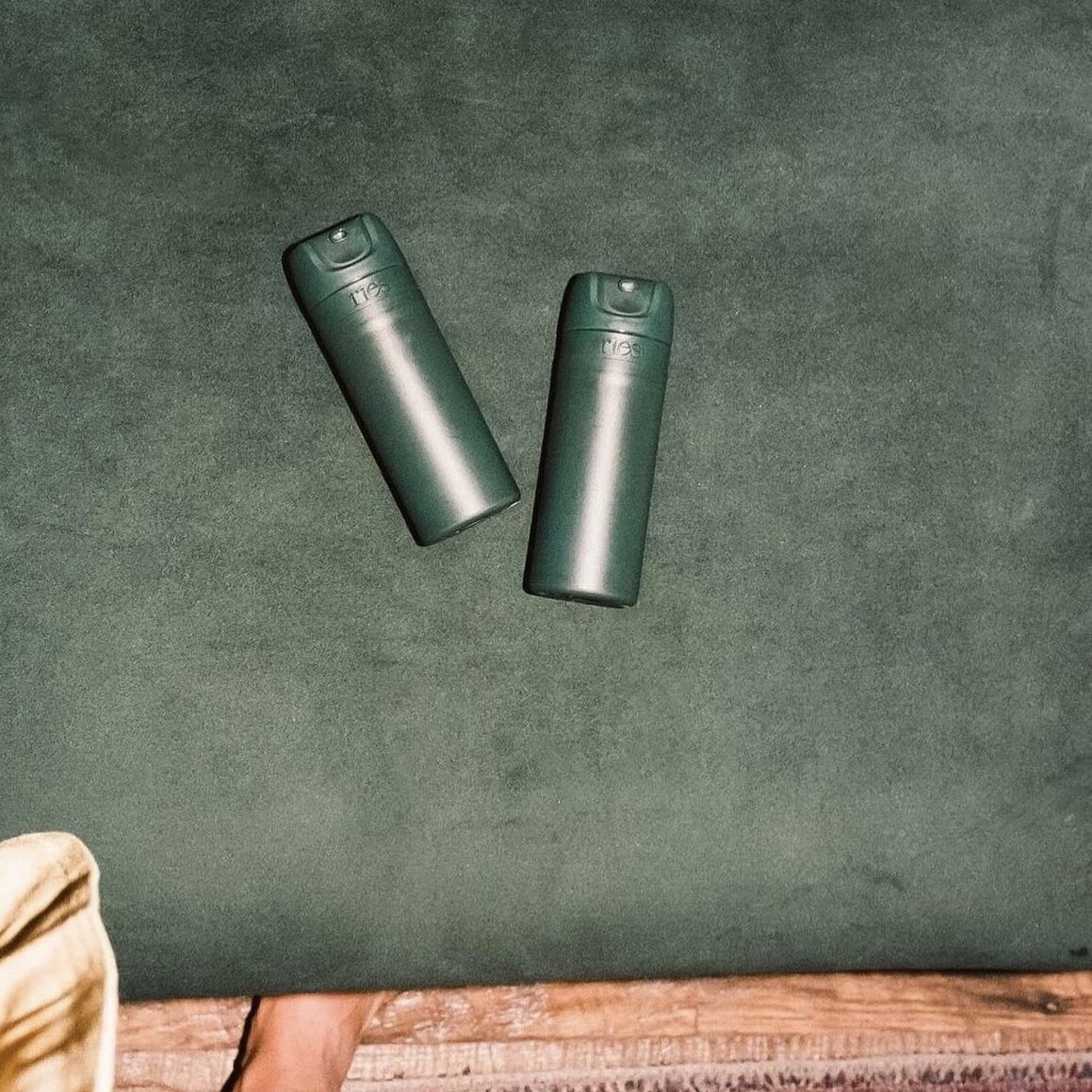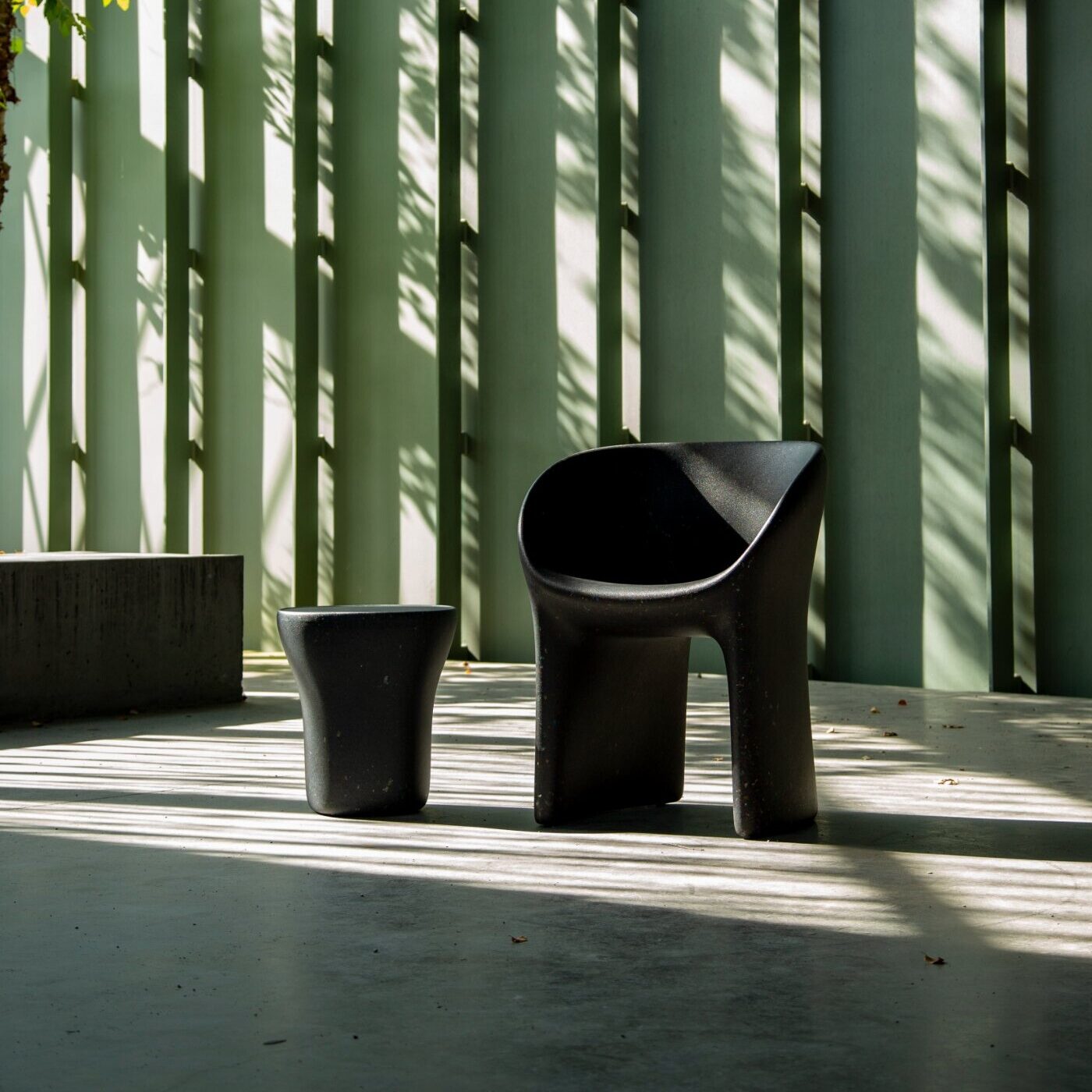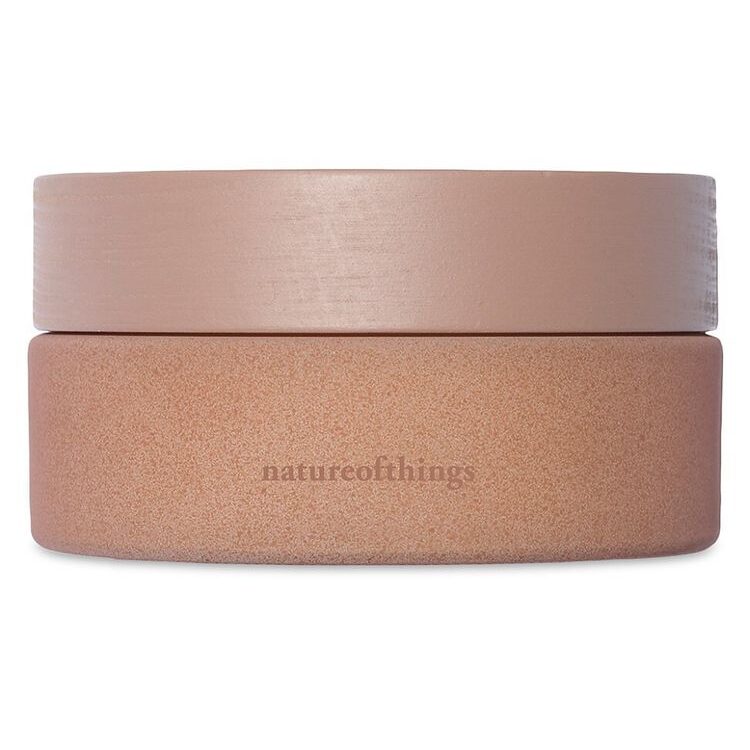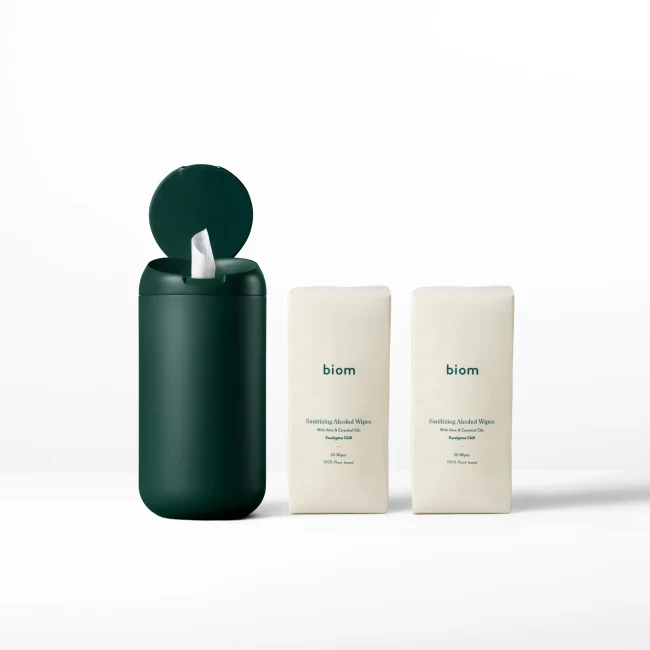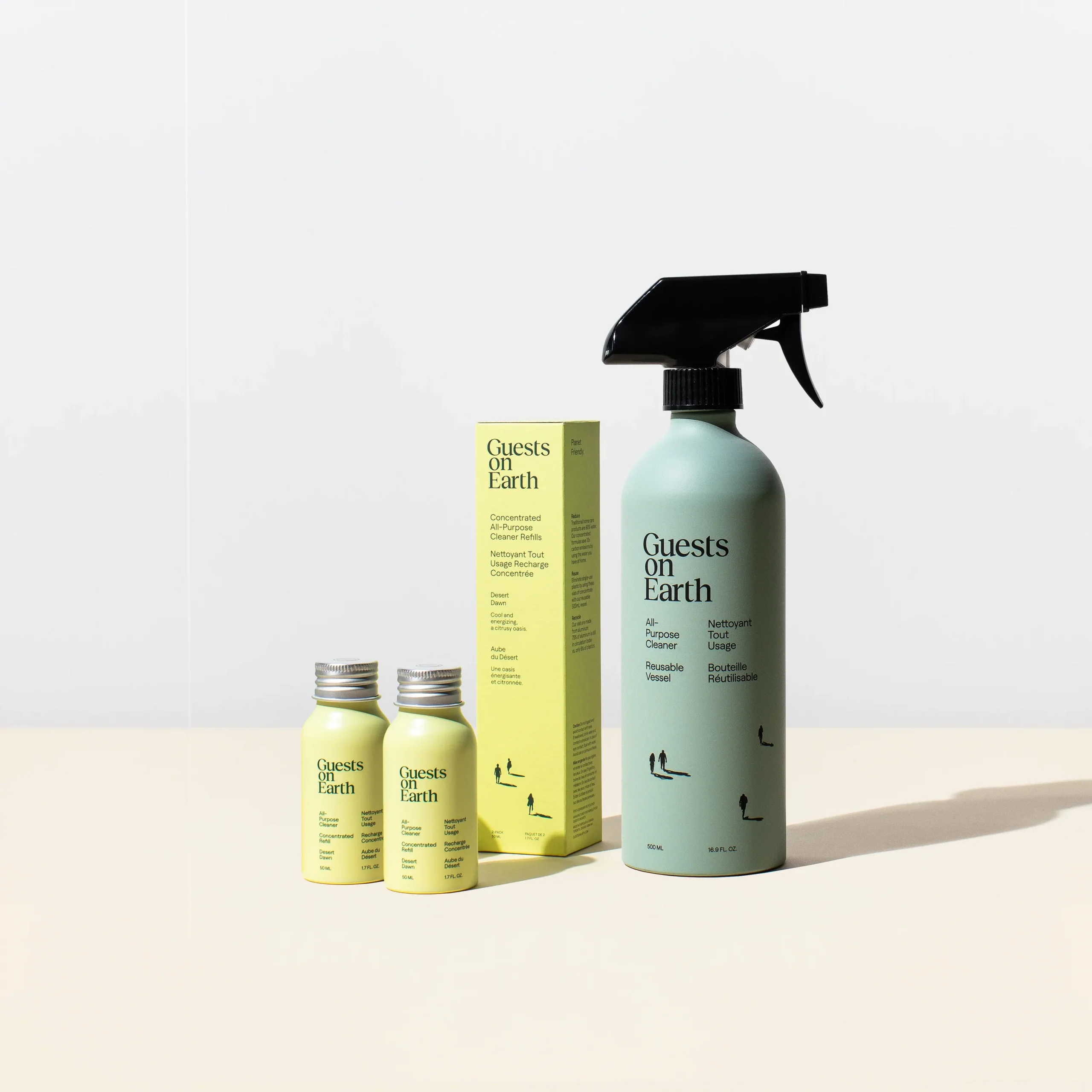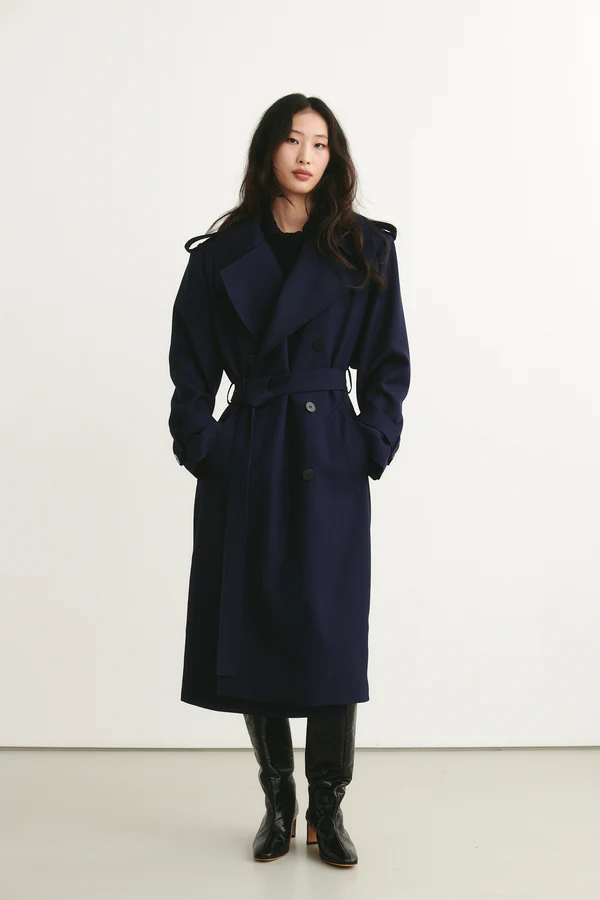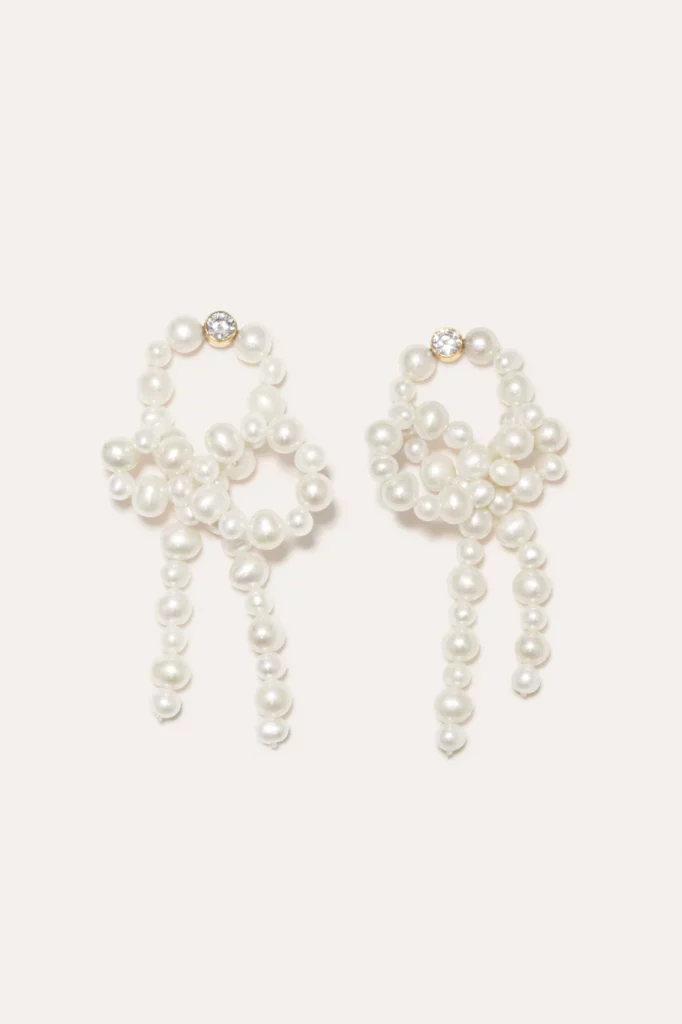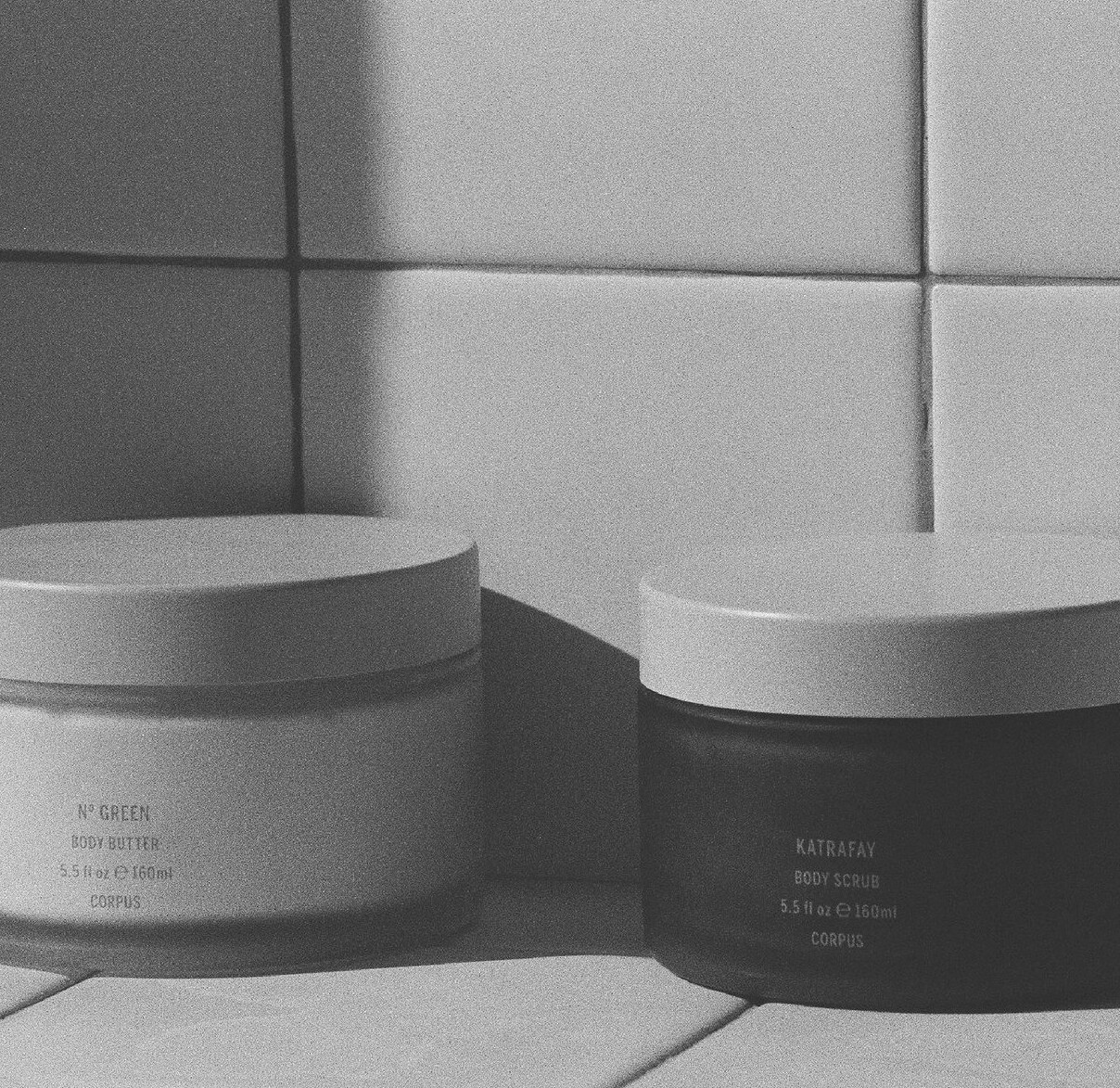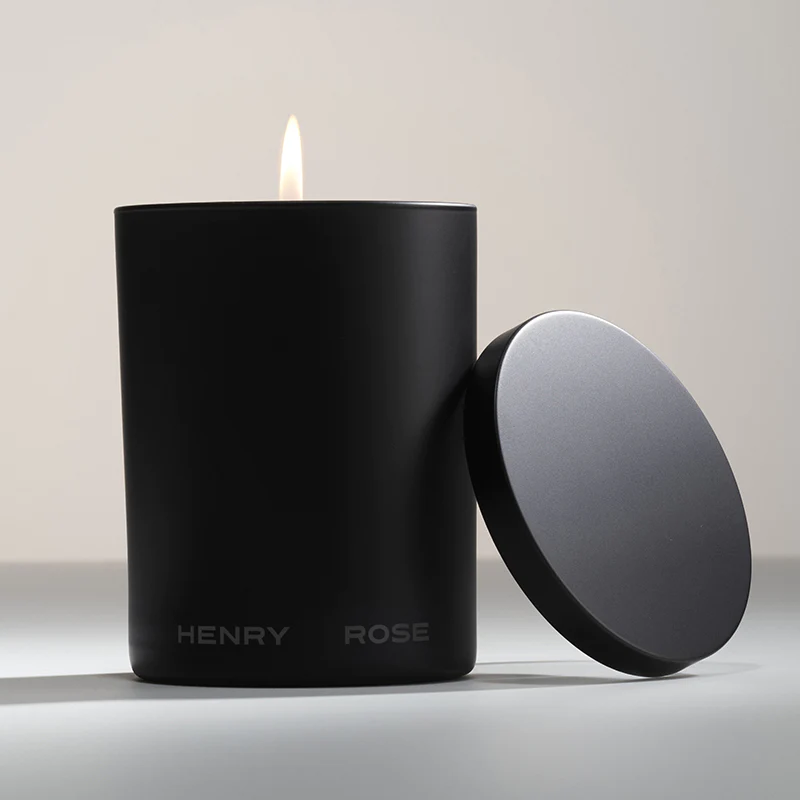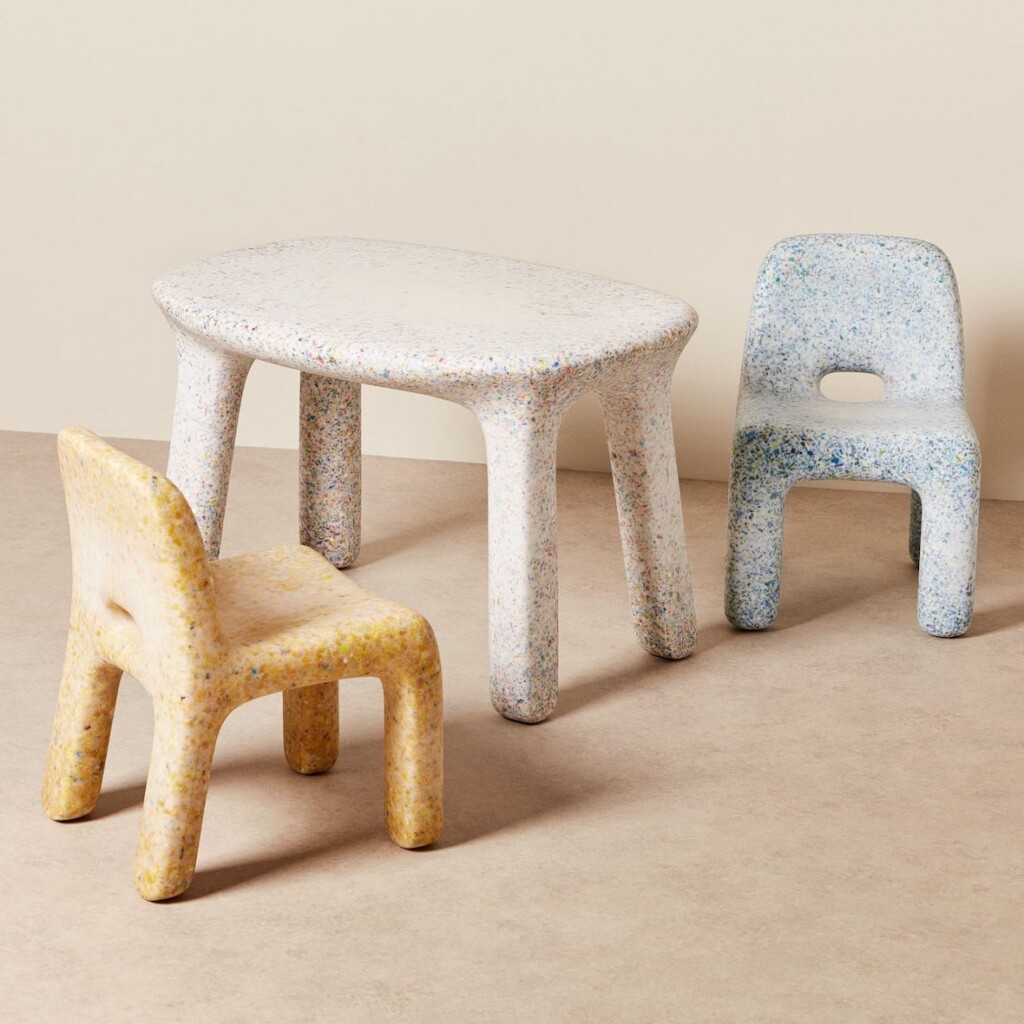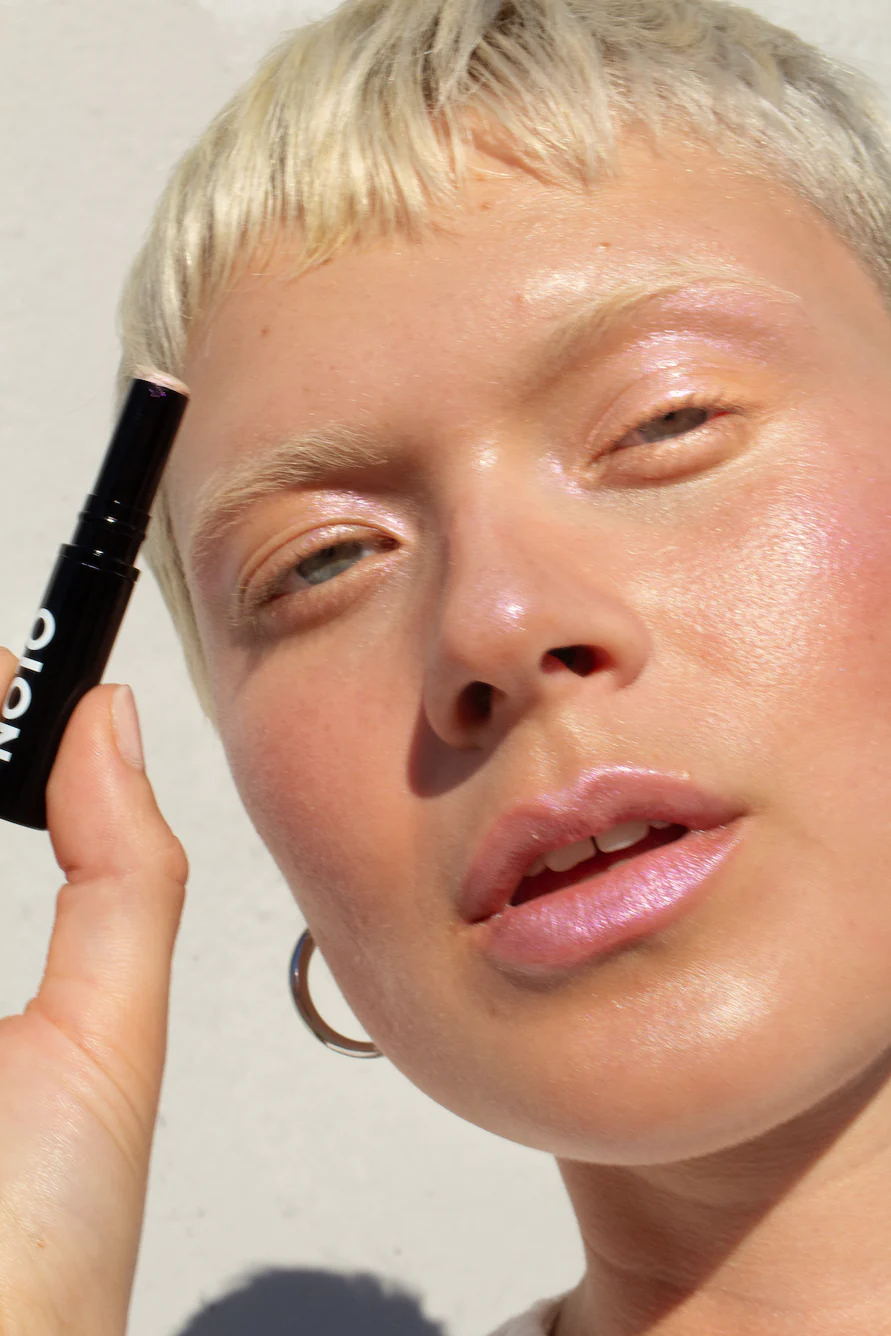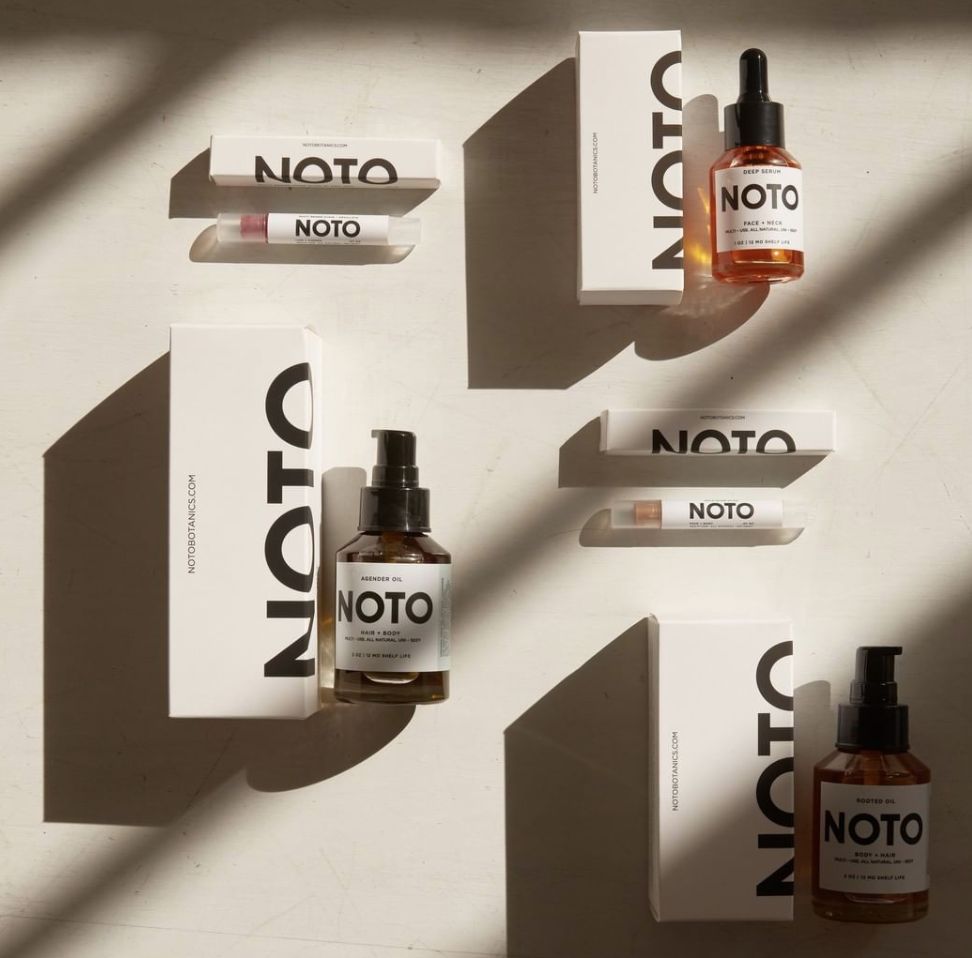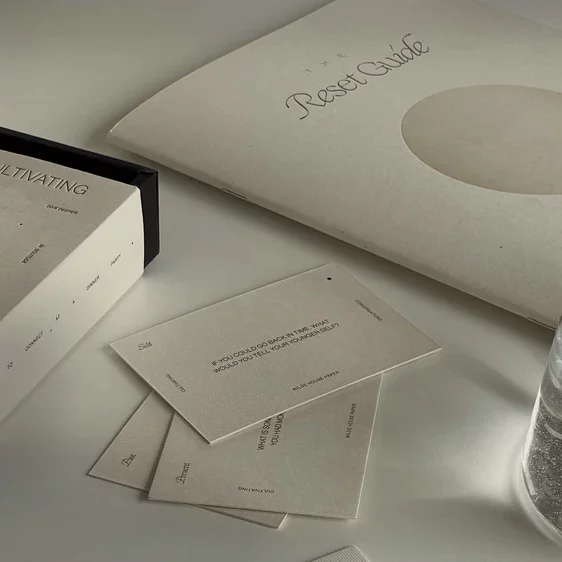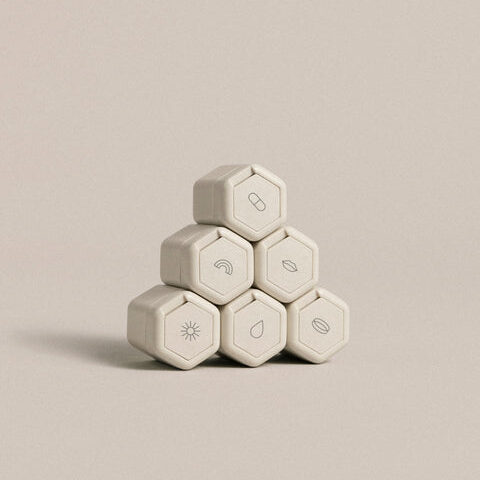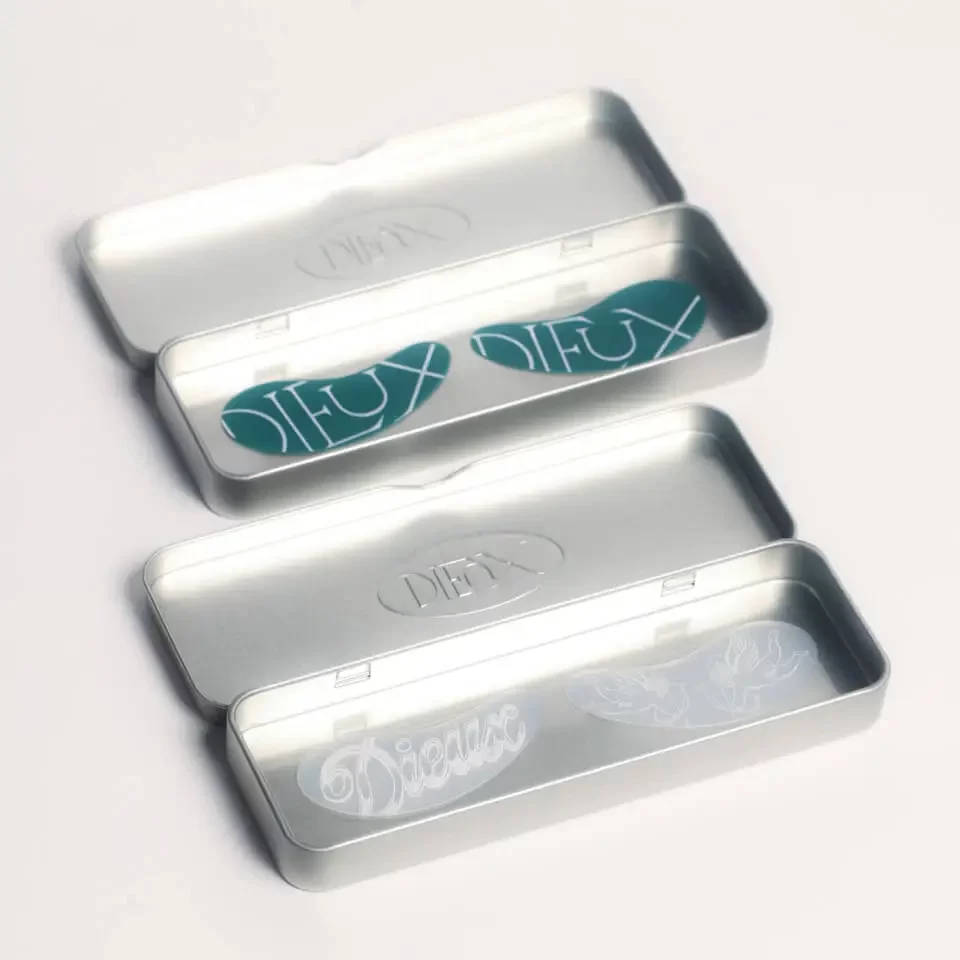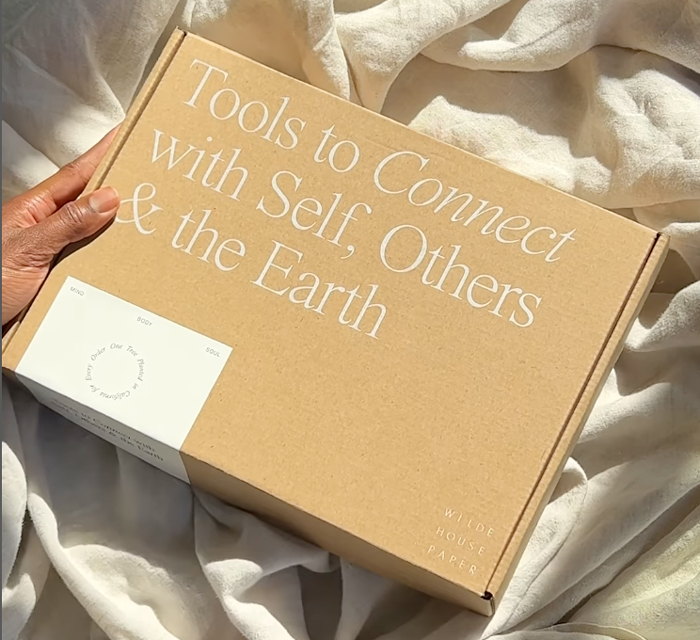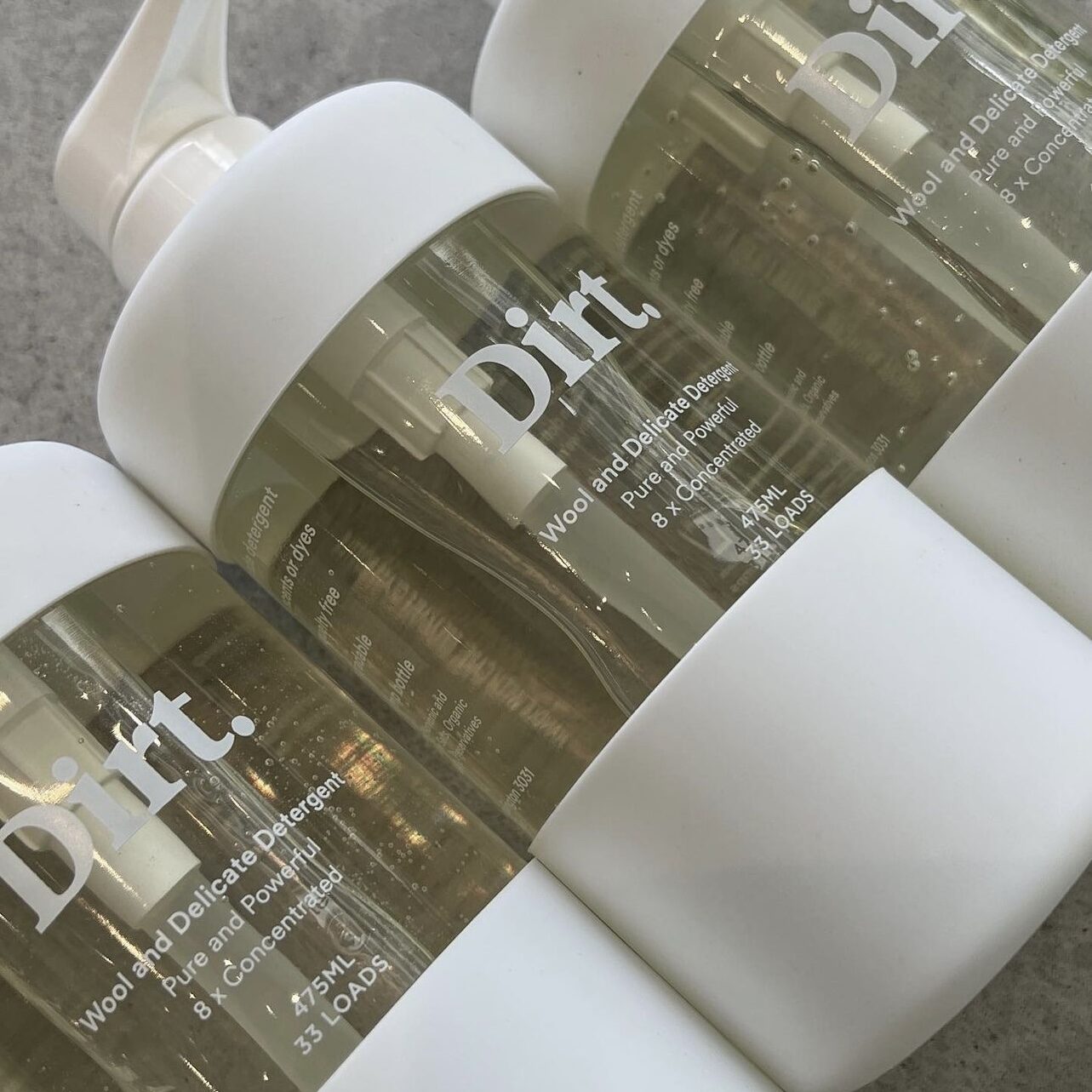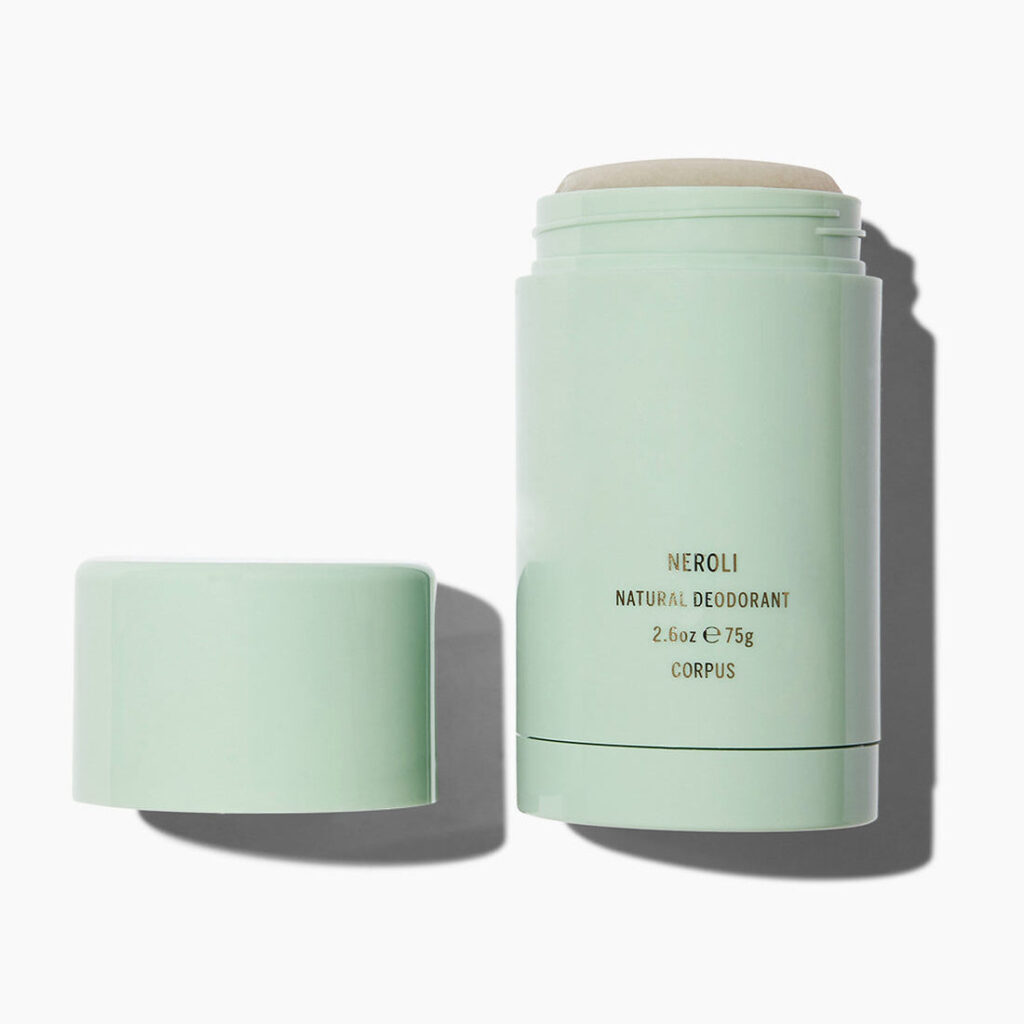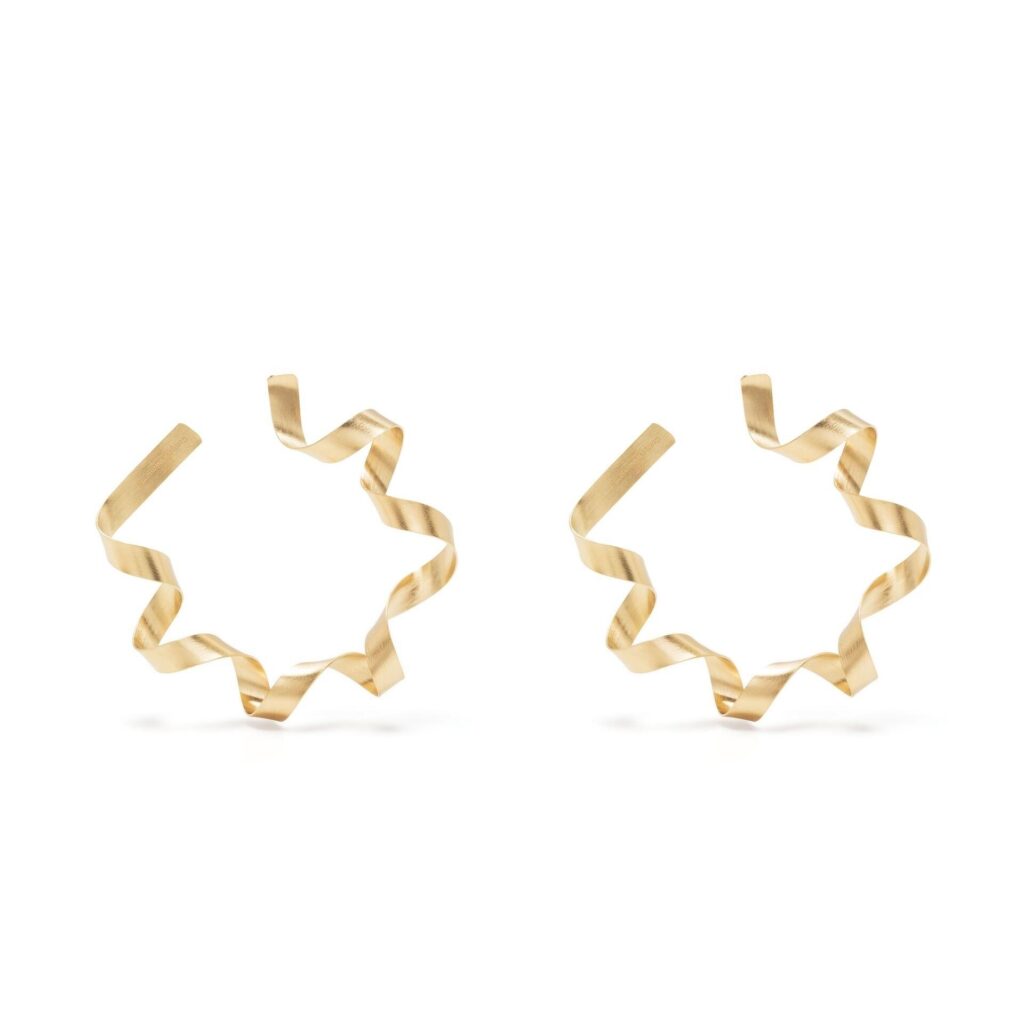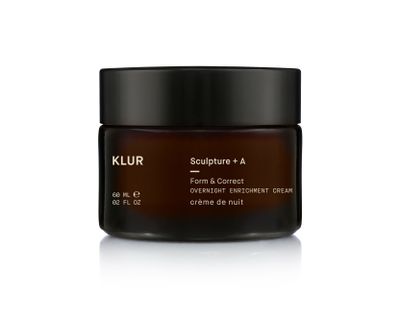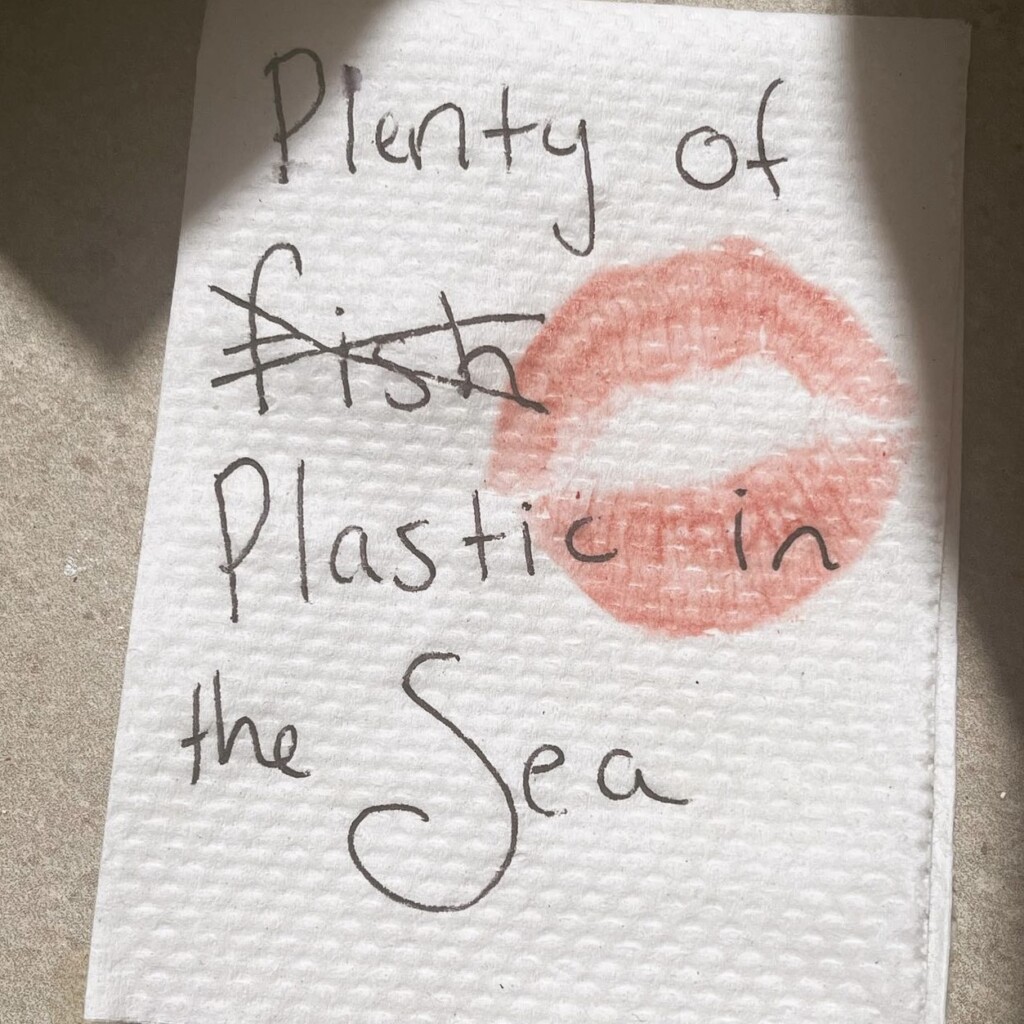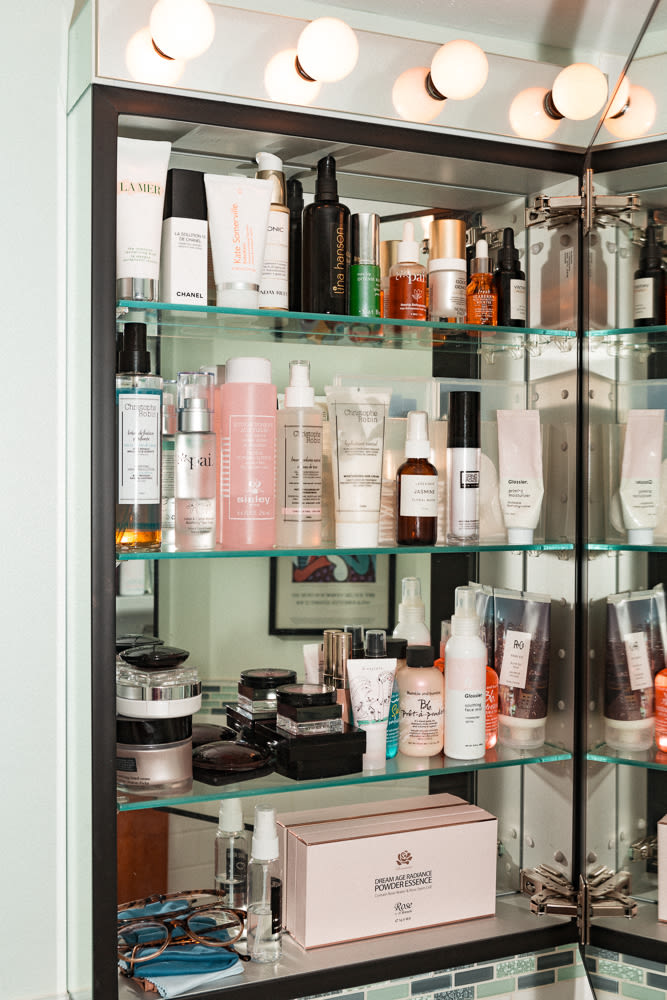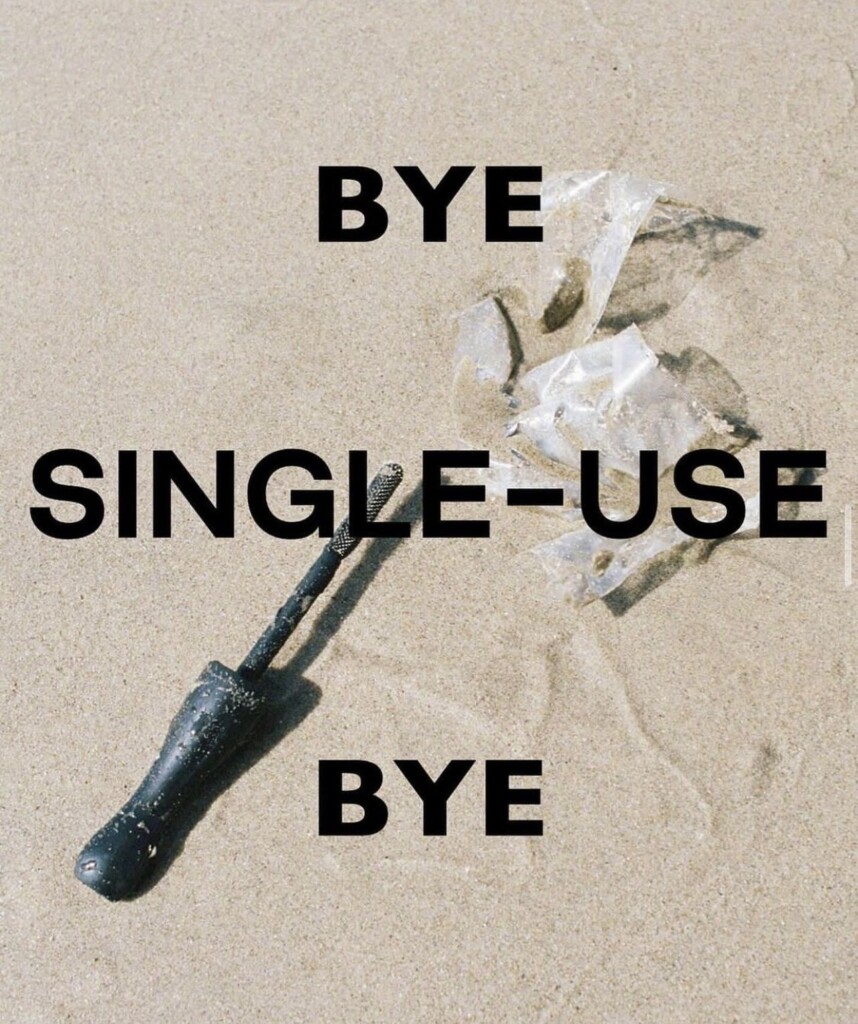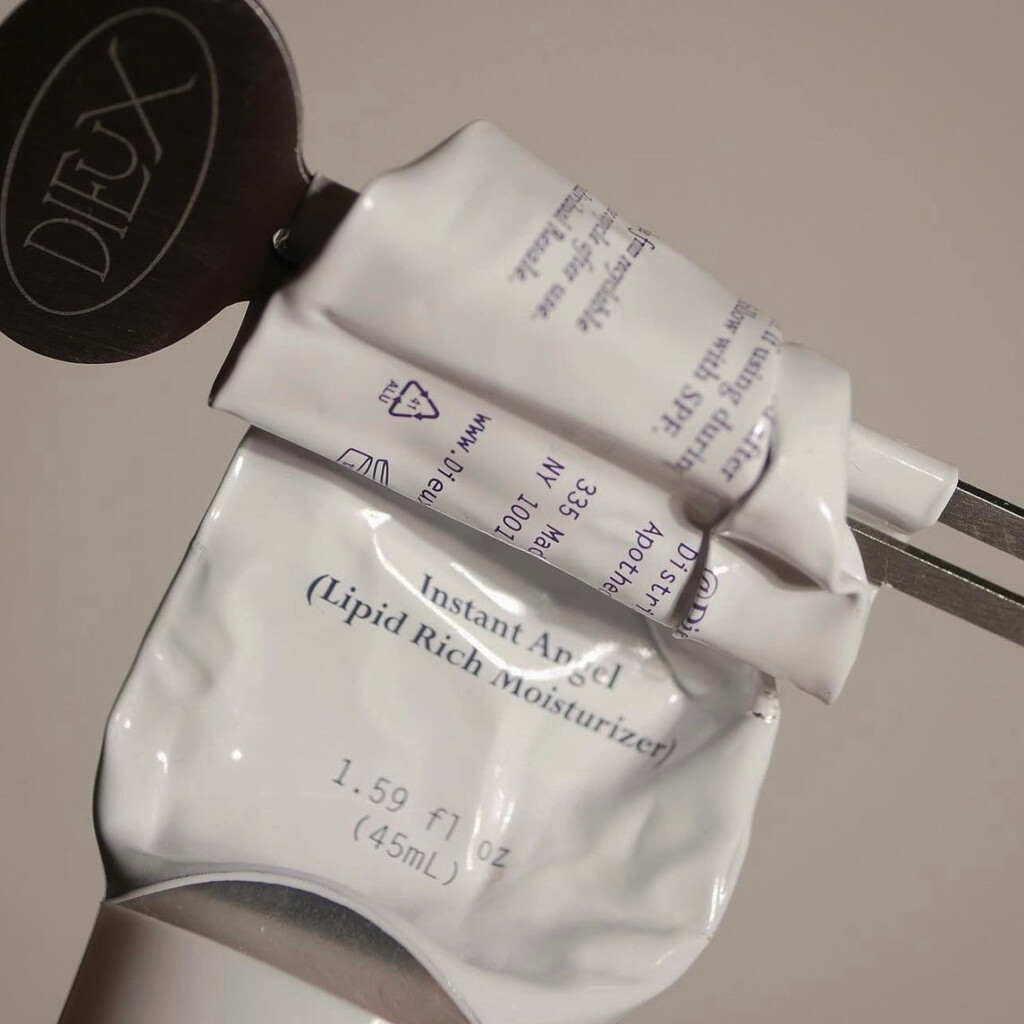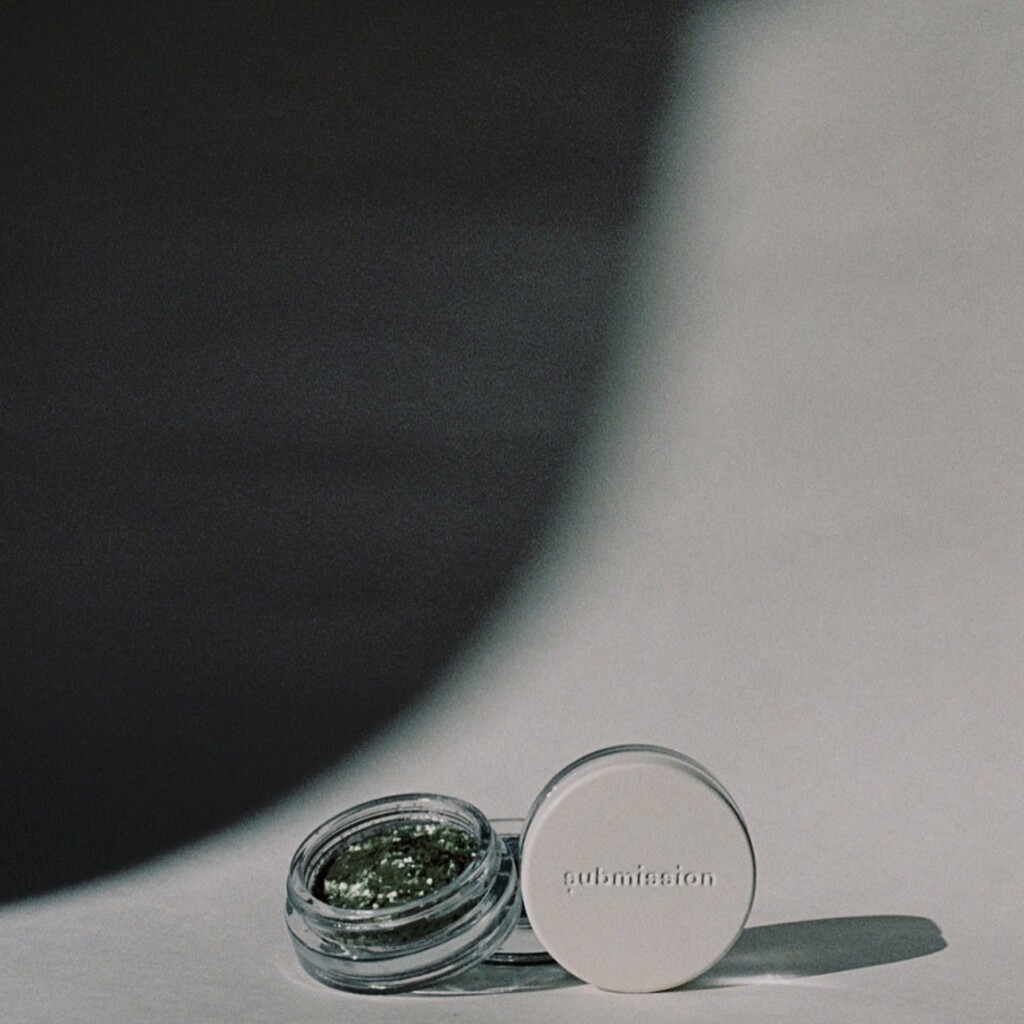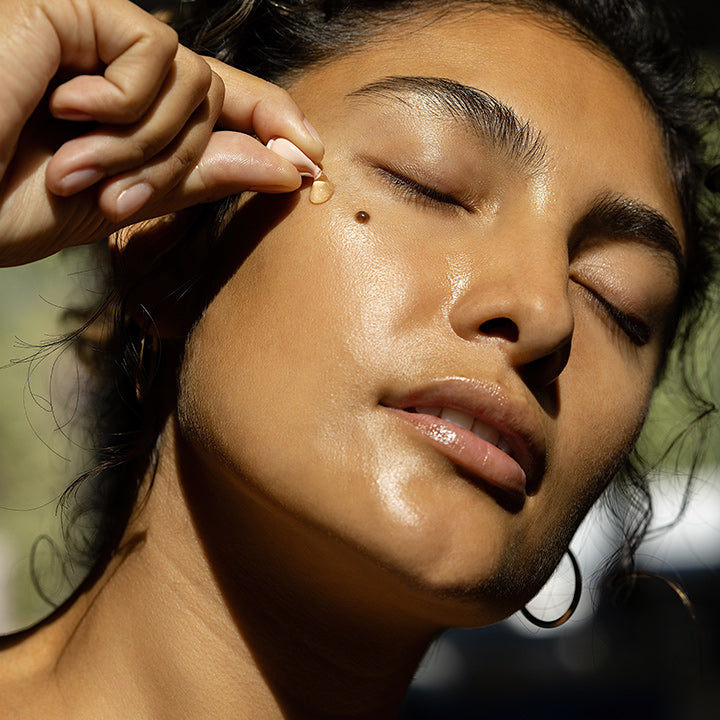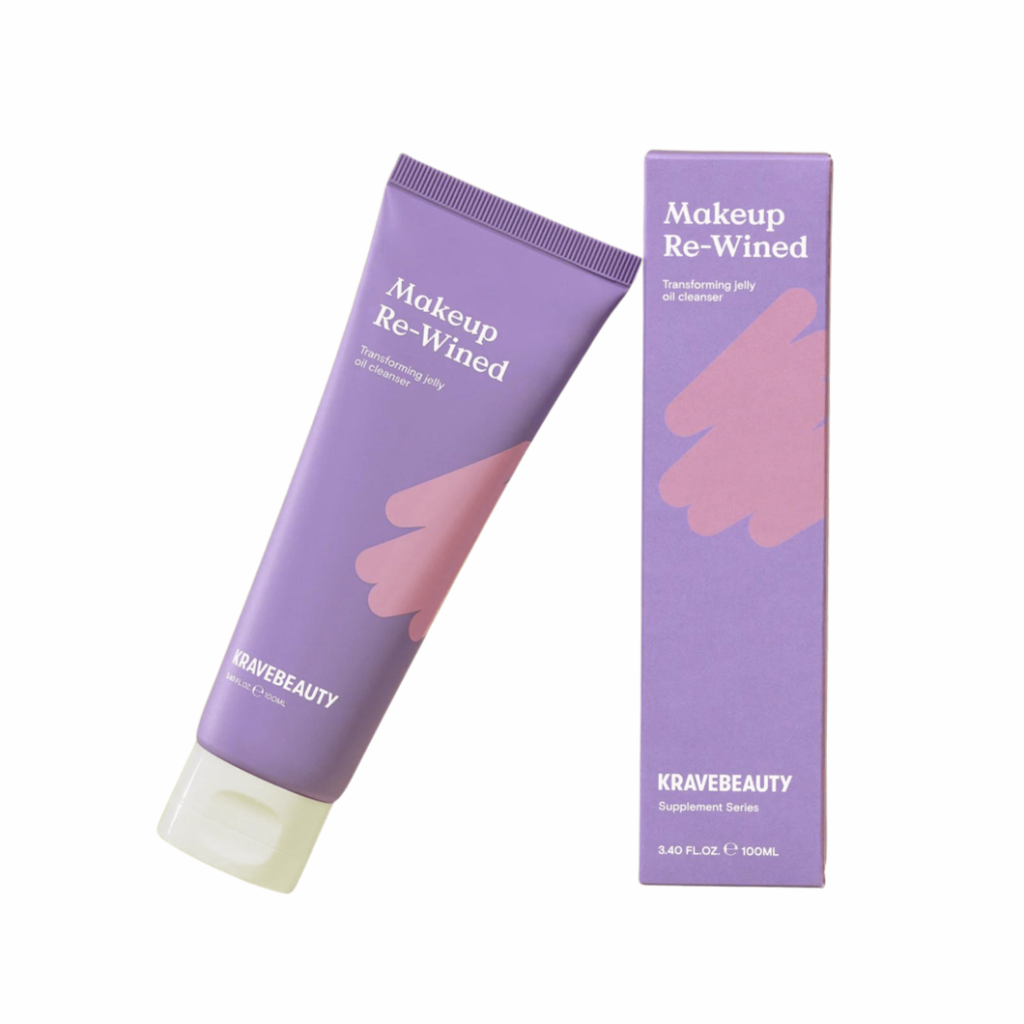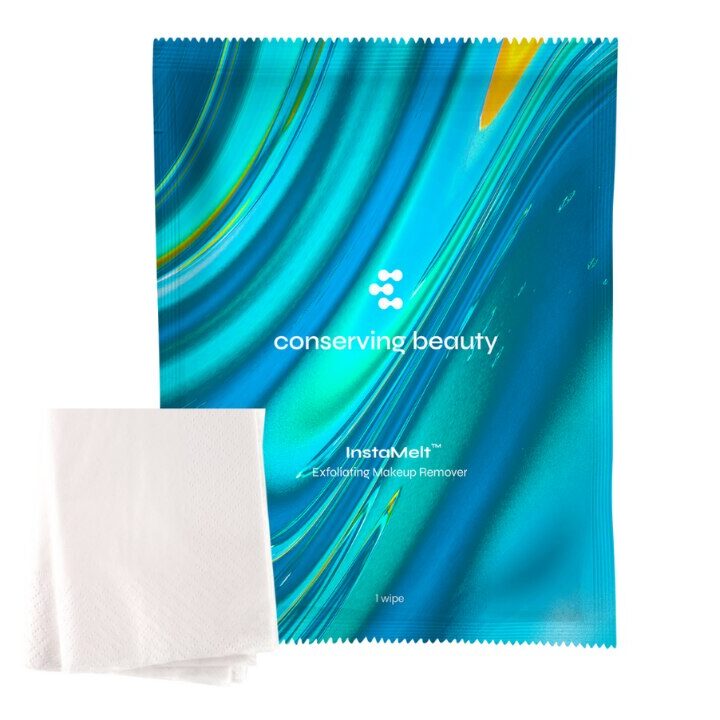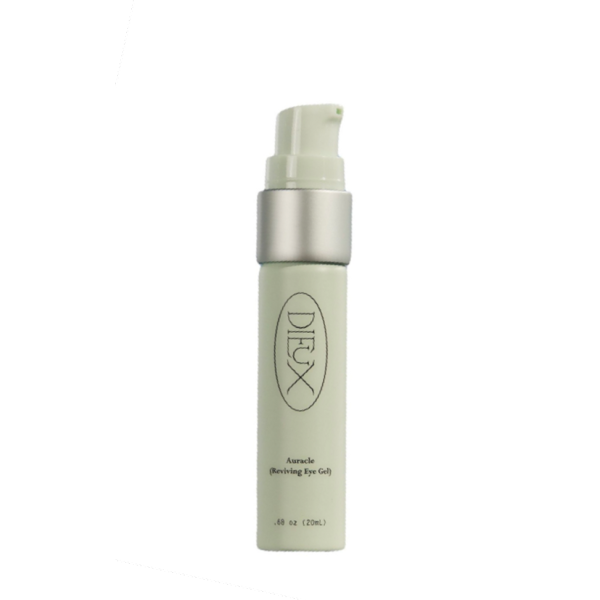the unwash: trending
While most consumer industries are beginning to lean into the push for sustainability, brands across the globe are no strangers to altering their course to meet the demand. Indie companies especially have been putting out products with sustainability at the forefront for over a decade. Still, now the industry as a whole is playing a game of catch-up as consumer values have shifted. Demand for sustainable products is consistently growing, and brands new and old are looking to meet the changing needs. 2023 marked a stark shift as new EU legislation around greenwashing, sustainability commitments, and transparency were passed and are now taking shape. In the past brands have been able to get away with loaded promises, lack of reporting, the uptick in greenwashing, or setting the bar too high for what is in reach when creating sustainability initiatives. 2024 seems to be the year to start putting together quantifiable, measurable changes to keep brands and suppliers in check. Lifestyle industries such as fashion and textiles have been a large target for the new legislation as fast-fashion brands like Shien and Boohoo continue to be major polluters offering little solutions to a massive problem. Innovations such as Pact, a recycling company formed in partnership with Credo to properly recycle beauty packaging are ushering in the new standard with consumers wanting hands-on change. Over the past few years, brands have zeroed in on the need for sustainable change and are now met with a crackdown on transparency, production, and marketing to make it happen.
Over the past few years, we’ve majorly seen the commercialization of sustainability spiral out of control. As the sustainability movement grows and gains mainstream attention, larger corporations follow suit but not necessarily in a good way. Consumers can’t become susceptible to mega corporations cashing in on their supposed sustainability scams. Mainstream brands coming out with sustainability collections and collaborations are only going to grow but as watchful consumers, we know better than to believe the hype. The trouble that begins from this is that the majority of shoppers don’t know what to look out for when making sustainable choices. Someone could wholeheartedly believe they’re making a great product swap but are ultimately just buying into some tactful marketing. If you recall, it’s like the Sephora ‘clean & planet positive’ sticker that most of the time is only selling people plastic. When it comes to the commercialization of sustainability there are a few ways I look at it. Glass half full perspective is that consumers are demanding better environmentally conscious alternatives that it’s catching the eye of mega-corporations. Glass half empty is that we’re catching the eye of mega-corporations that can then profit off of people’s good intentions. Regardless of the execution we should celebrate people that want to lean into sustainability and that we use this as an opportunity to educate and empower.
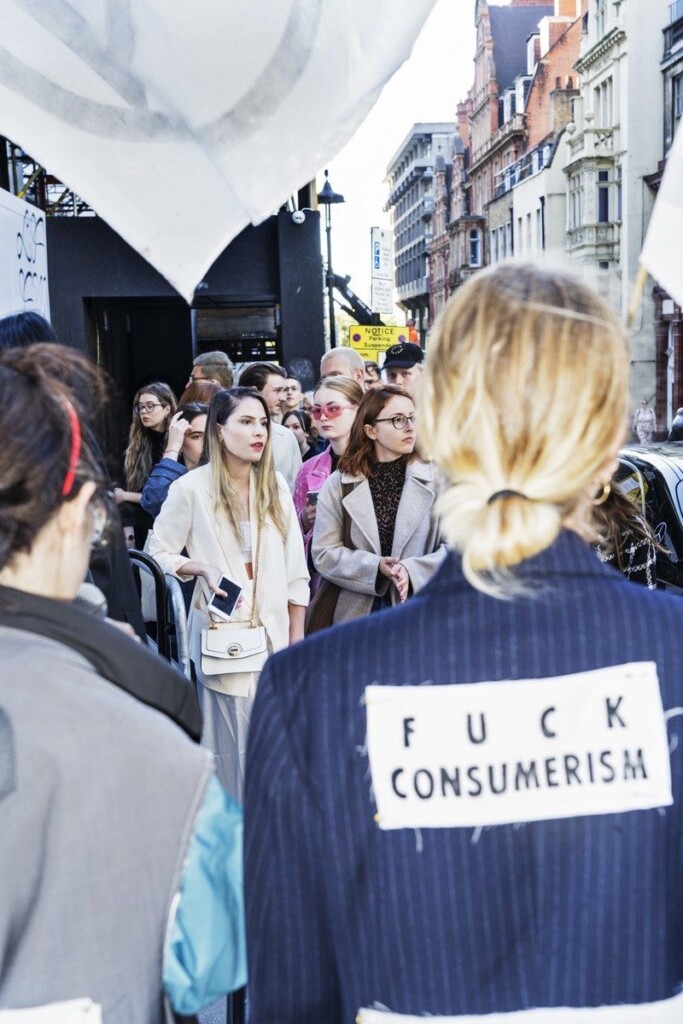
“We waited a really long time for the industry to regulate itself, but it’s so unregulated, and we have a climate crisis looming. As a result there is an urgency and policymakers have stepped up.” – Maeve Galvin, Global Policy Director at Fashion Revolution
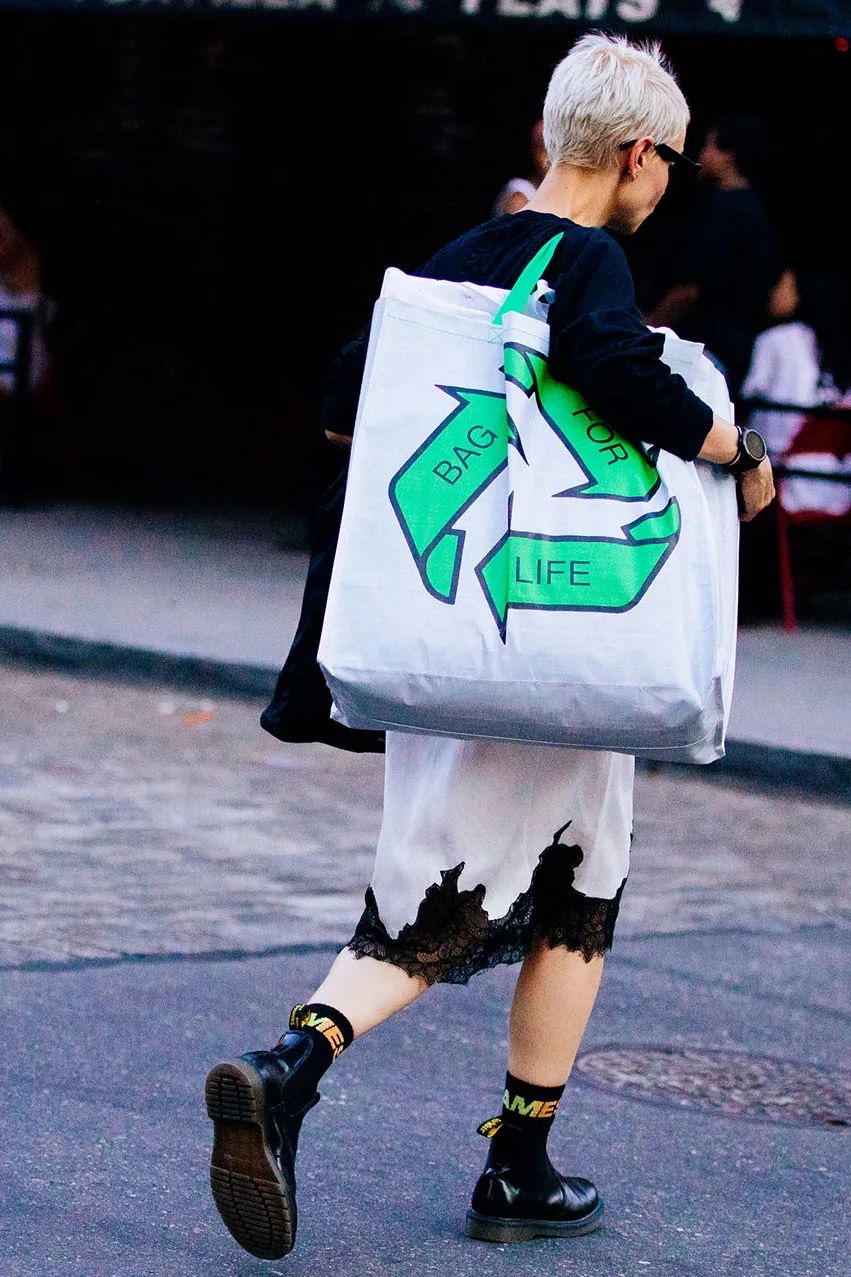
New regulations in the EU that were approved by parliament in the spring of 2023 took aim at greenwashing claims and subsequently would penalize brands capitalizing on false or deceptive narratives. Using words such as ‘eco-friendly’, ‘green’, or ‘climate-neutral’ is prohibited under the new regulations unless the company shows sufficient evidence behind these claims. In March of this year, France put their foot down against fast-fashion retailers such as Shien. The brand argued against the bill stating that this takes purchasing power away from consumers especially at a time of economic crisis yet seemingly ignored the large implications the brand has on the global economy through their waste production. Concern about reducing clothing access for people who cannot afford ethically made products is completely valid and opens up further conversations about the resale market and the need to create ethically made products available for all economic demographics. The proposal of this law doesn’t come without mixed intentions. Many researchers and political analysts speculate that this is a mode of anti-Chani legislation hidden in sheep’s clothing especially as the bill comes from right-winged French politicians. Some also question if this is a way to further ostracize parts of the population that need fast fashion whether that be for size inclusivity or economic disparity. Despite this, it is important to note that fast fashion’s biggest purchasers are women around the age of 35 years old making $65,000 annually. The news around creating clearer expectations for sustainability in the market space has been loud but makes you wonder what the follow-through will look like, especially on a global scale.
Lots is coming down the pipe demanding change and much-needed transparency which the European Union is taking the lead on. Major things to watch coming out of the EU are new regulations around sustainability reporting, the green claims initiative, requirements for product design and circularity, and supply claim due diligence. The United States has long been lagging behind the European Union and other global entities in creating comprehensive sustainability initiatives but the new requirements in the EU could create a shift in the US manufacturing process to comply. Part of an issue plaguing the US is the misnomer between federal and state-level policies therefore leaving us with nothing comparable to ESG or CSRD. The SEC and DOL are slowly rolling out policies around financial disclosures for sustainability practices as well as disclosure of risks related to greenhouse gas emissions. Large-scale product or marketing reform has yet to hit the US but the EU’s new policies especially around greenwashing could cause US-based companies to follow suit.
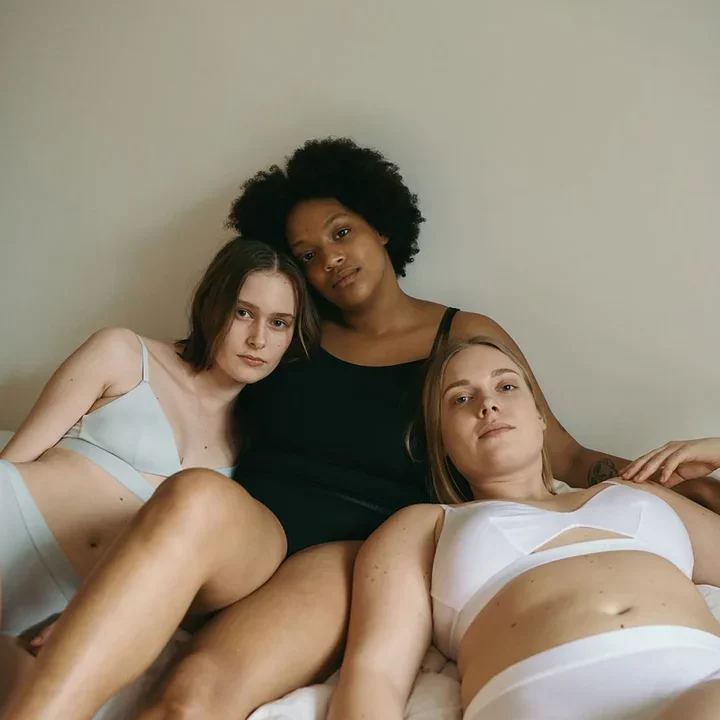
01
Organic Basics
Copenhagen-based brand, Organic Basics hit the scene in 2015 to make sustainable and affordable everyday basics. From the start the brand is in the business of providing an honest, sustainable, and ethical product, putting their values at the forefront. Sustainability means something different to everyone which rings true for Organic Basics as they work to be values-driven across a wide spectrum.
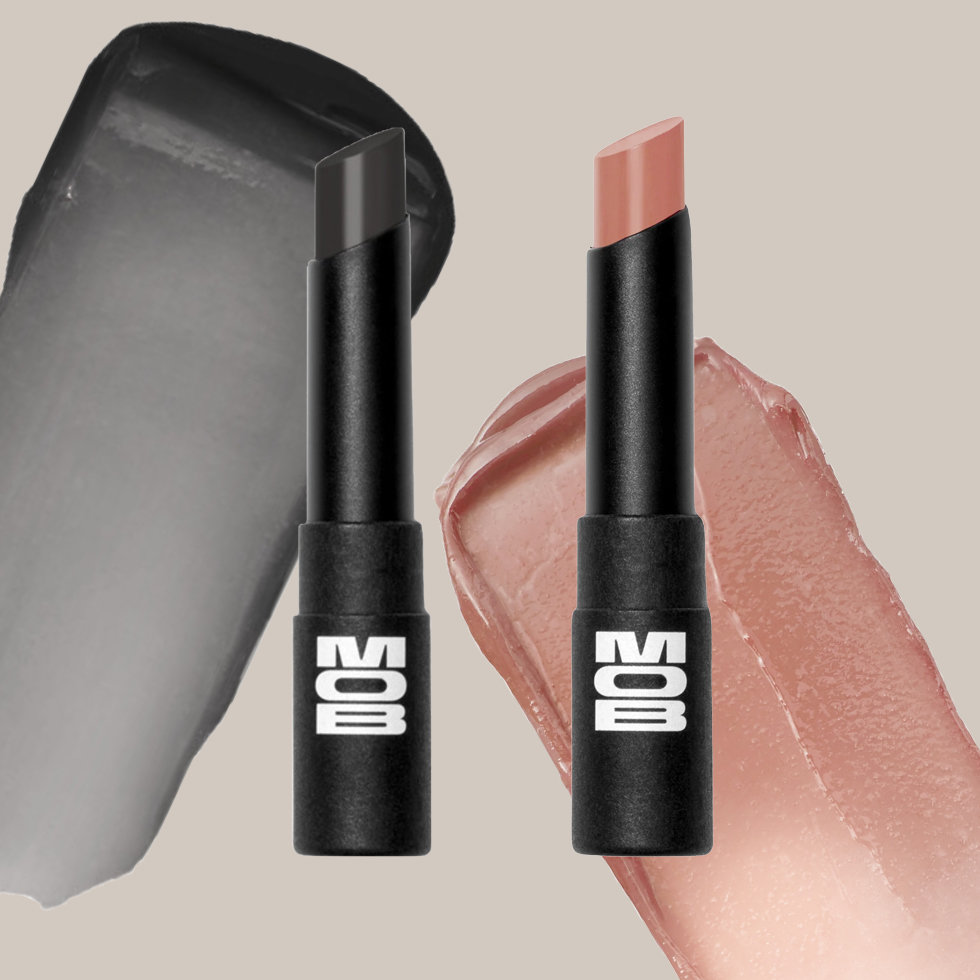
02
MOB Beauty
MOB Beauty reinvisioned what it means to be an. an eco-conscious beauty brand. They are constantly reinventing the wheel and finding new ways to hone in on the best sustainable practices. Currently, the brand offers a wide range of packaging from refillable compacts to biodegradable packaging. Their RePurpose series has introduced a compostable refillable compact that will turn into nutrient-rich soil at the end of its life.
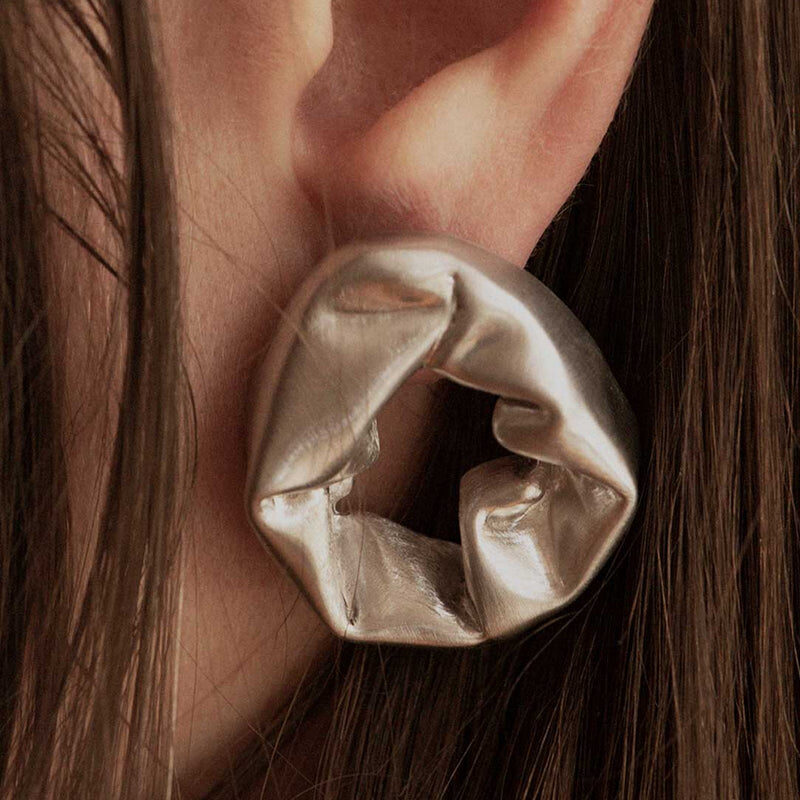
03
Completedworks
Completedworks uses reclaimed, recycled, and ethically sourced materials such as marble, glass, bio-resin, and silver. The brand proves you don’t have to compromise design and style for sustainable practices but rather that the two can work in harmony to create timeless, wearable pieces. Sustainability is at the core of the brand’s ethos and the brand is committed to ensuring there is little to no negative environmental impact resulting from its products or shipping process.
